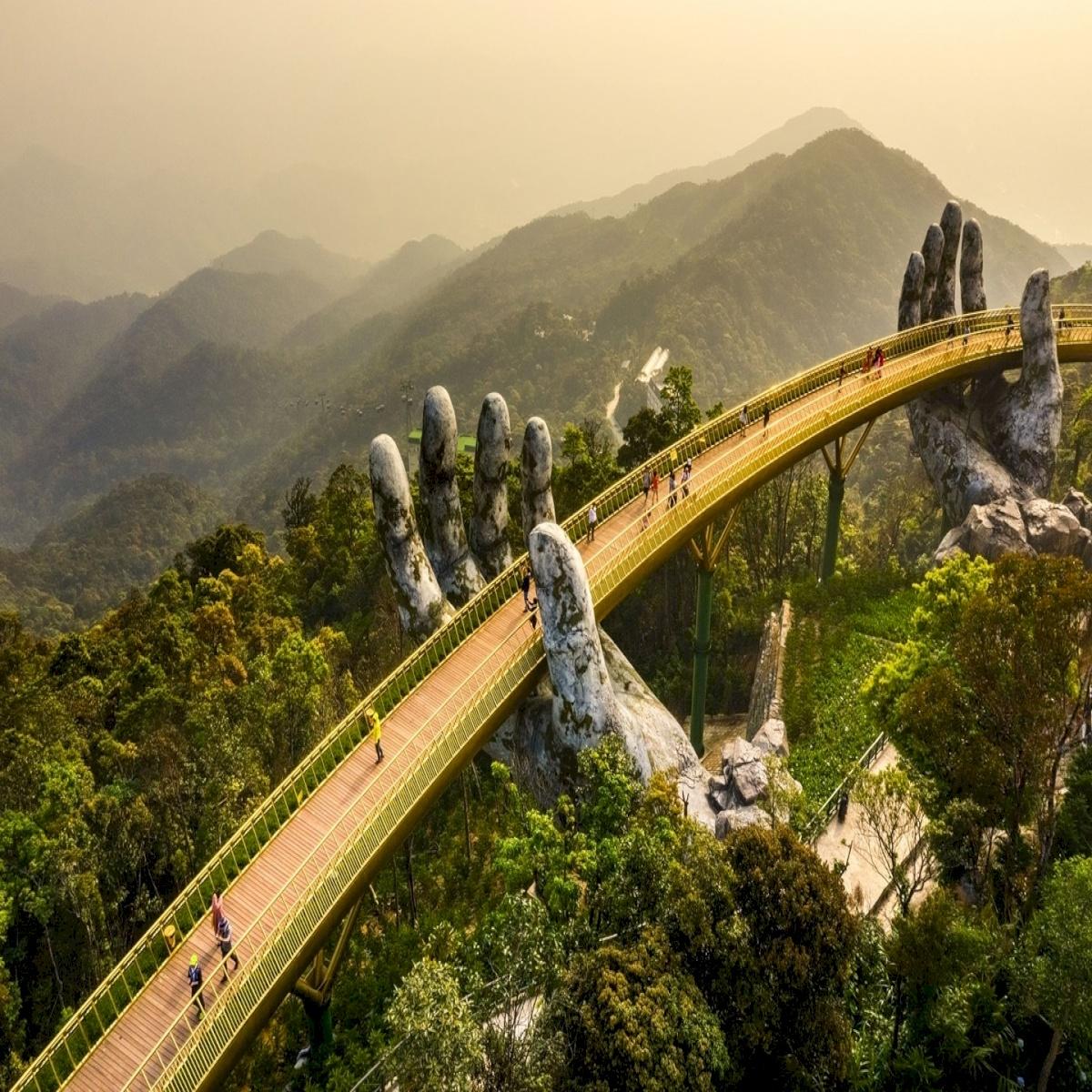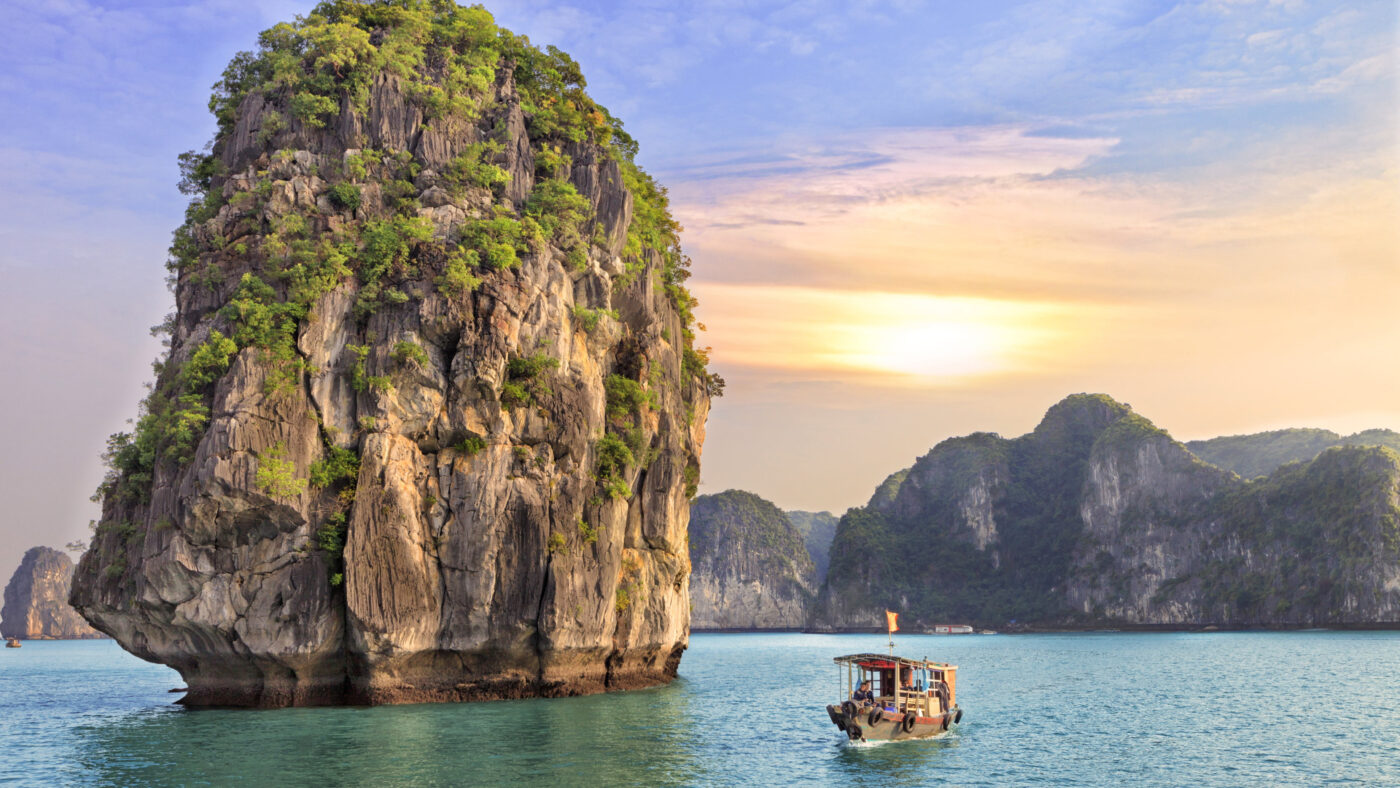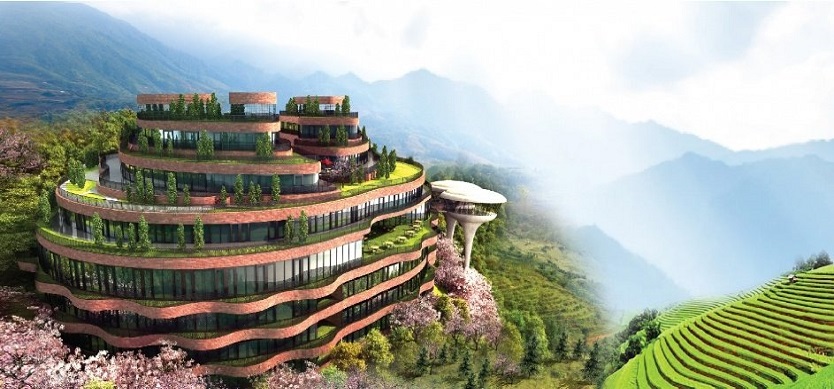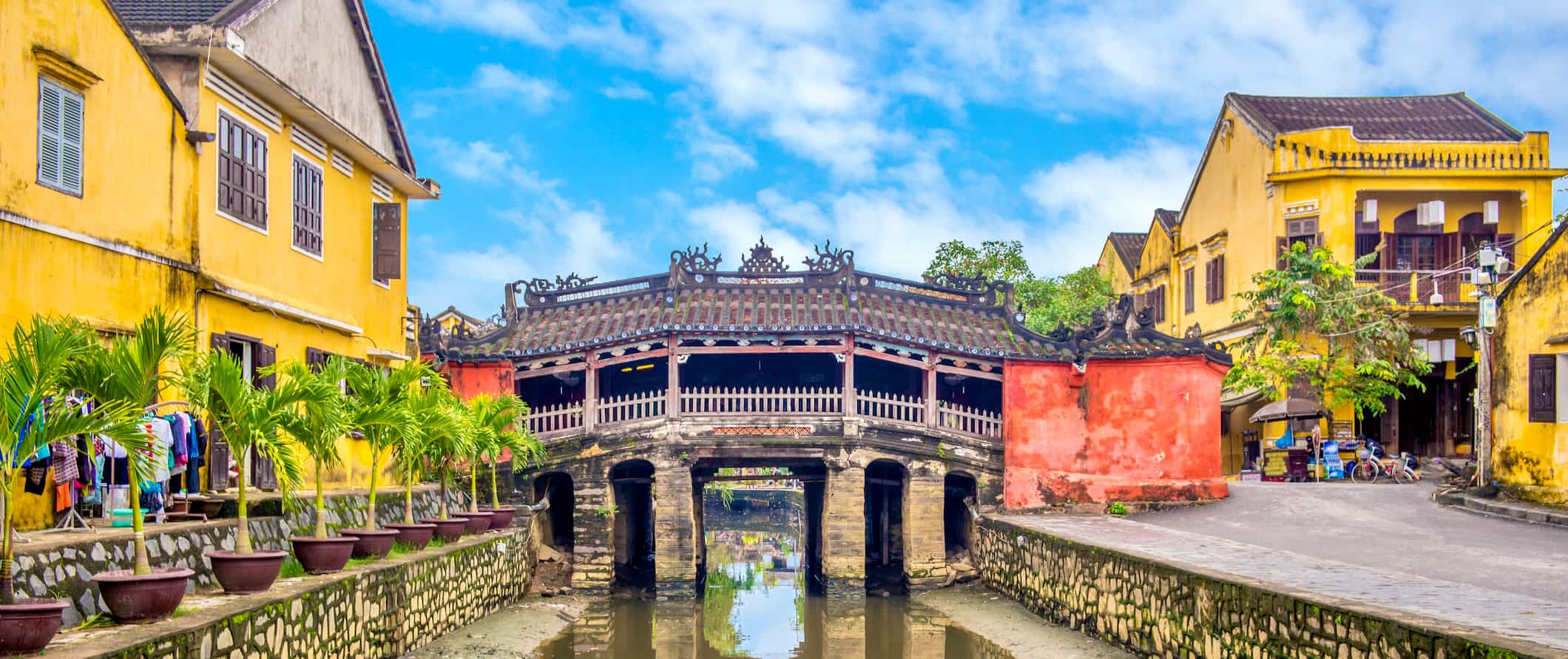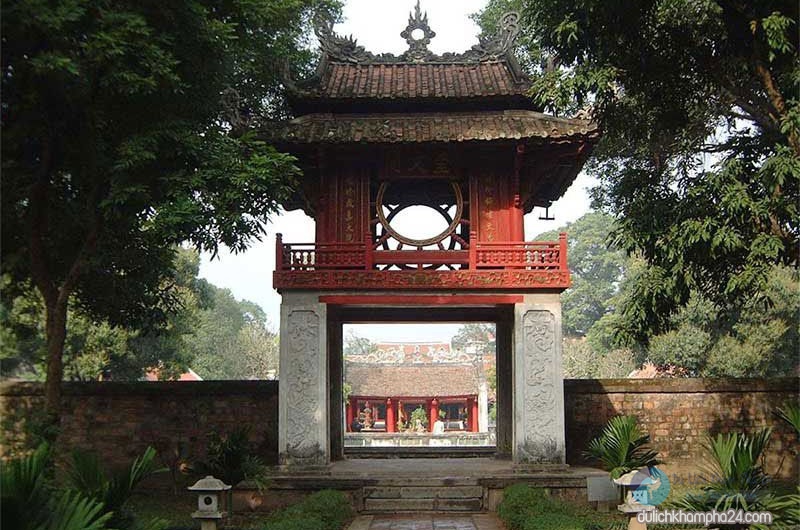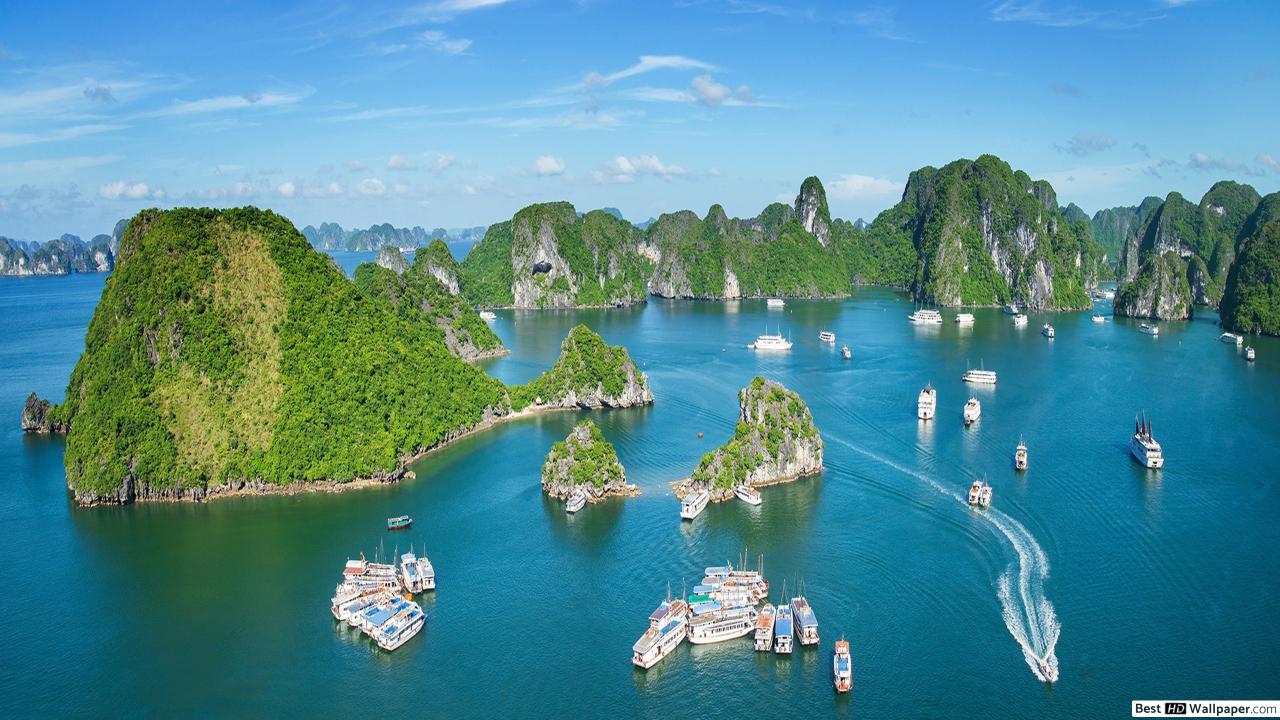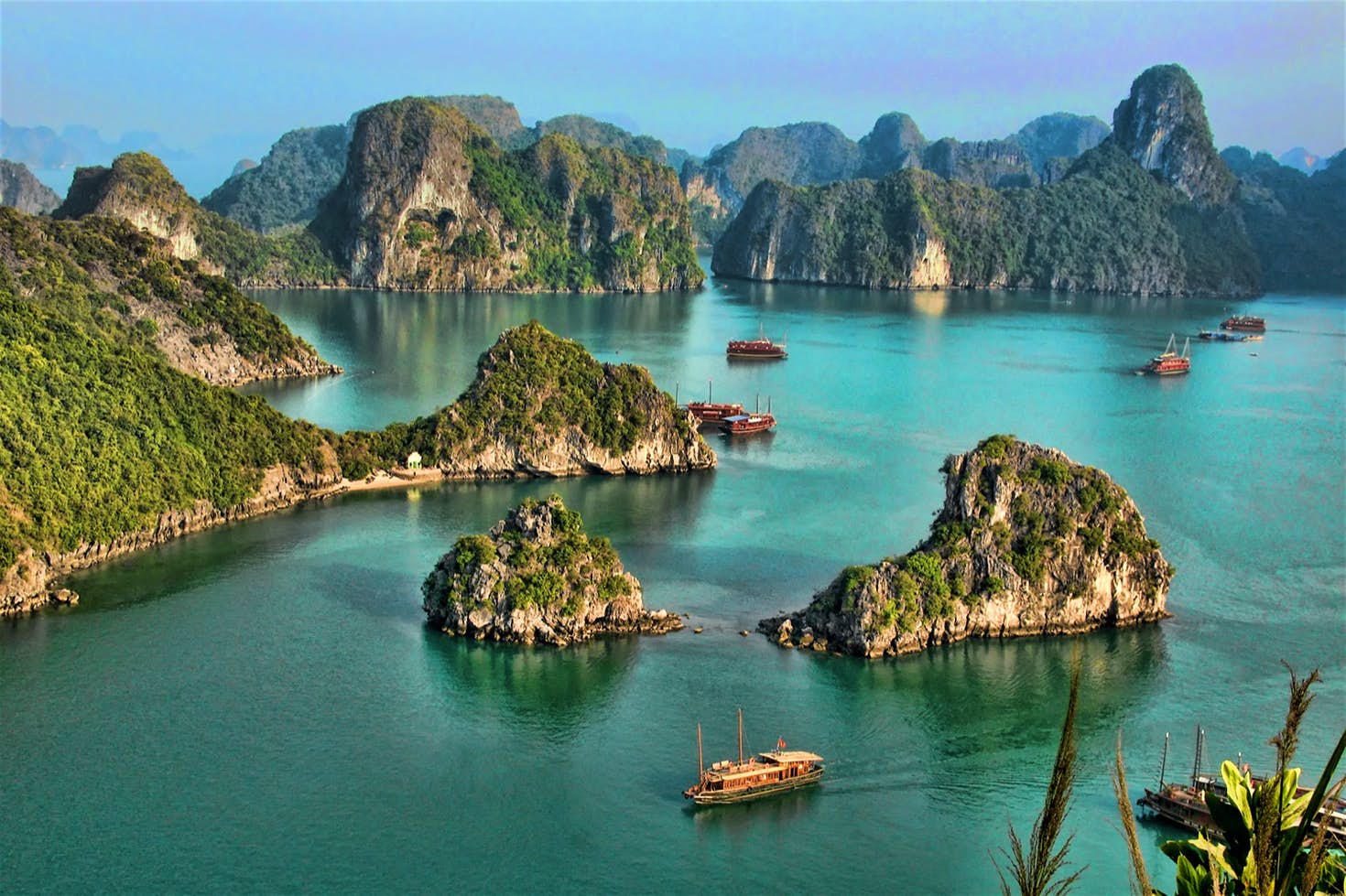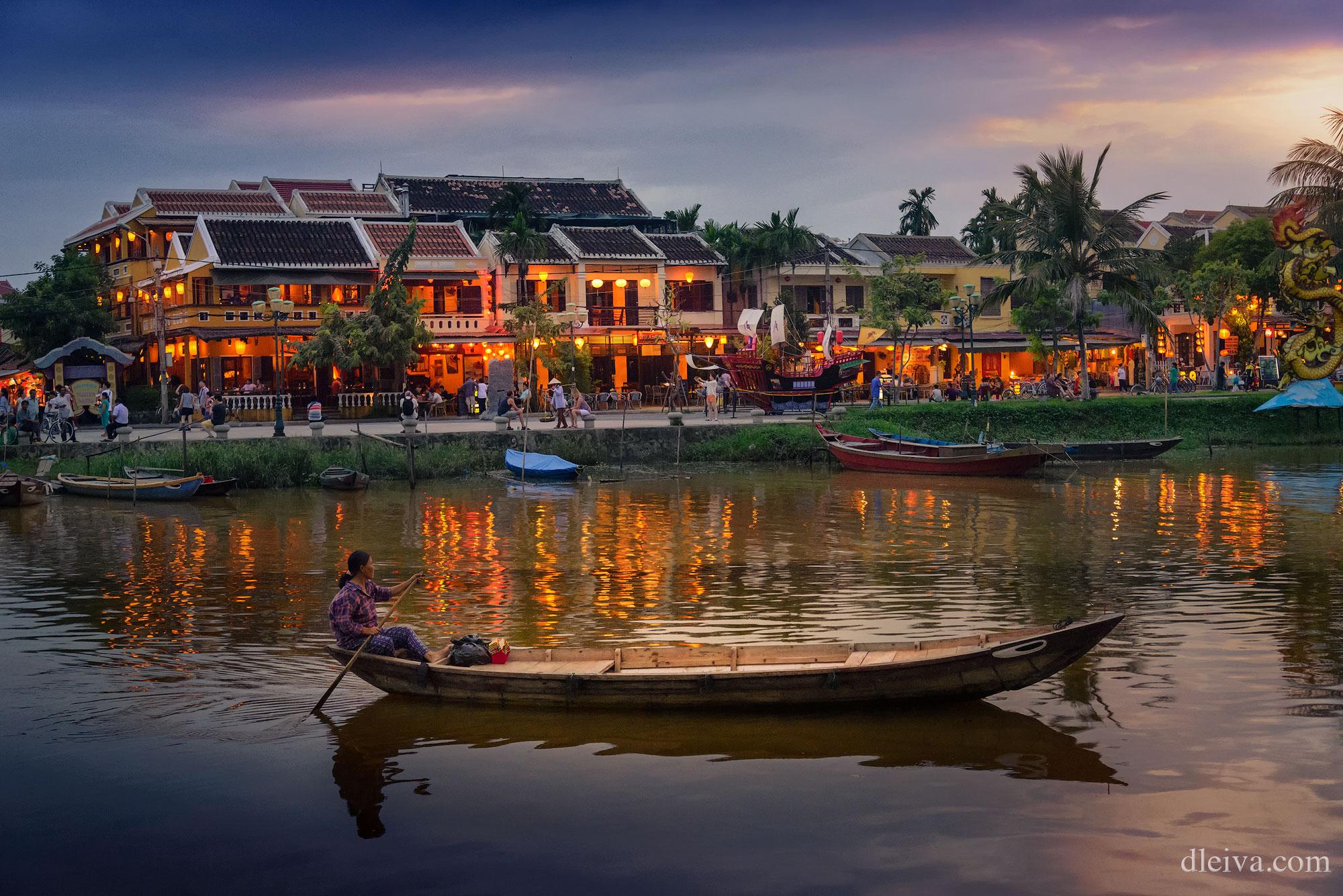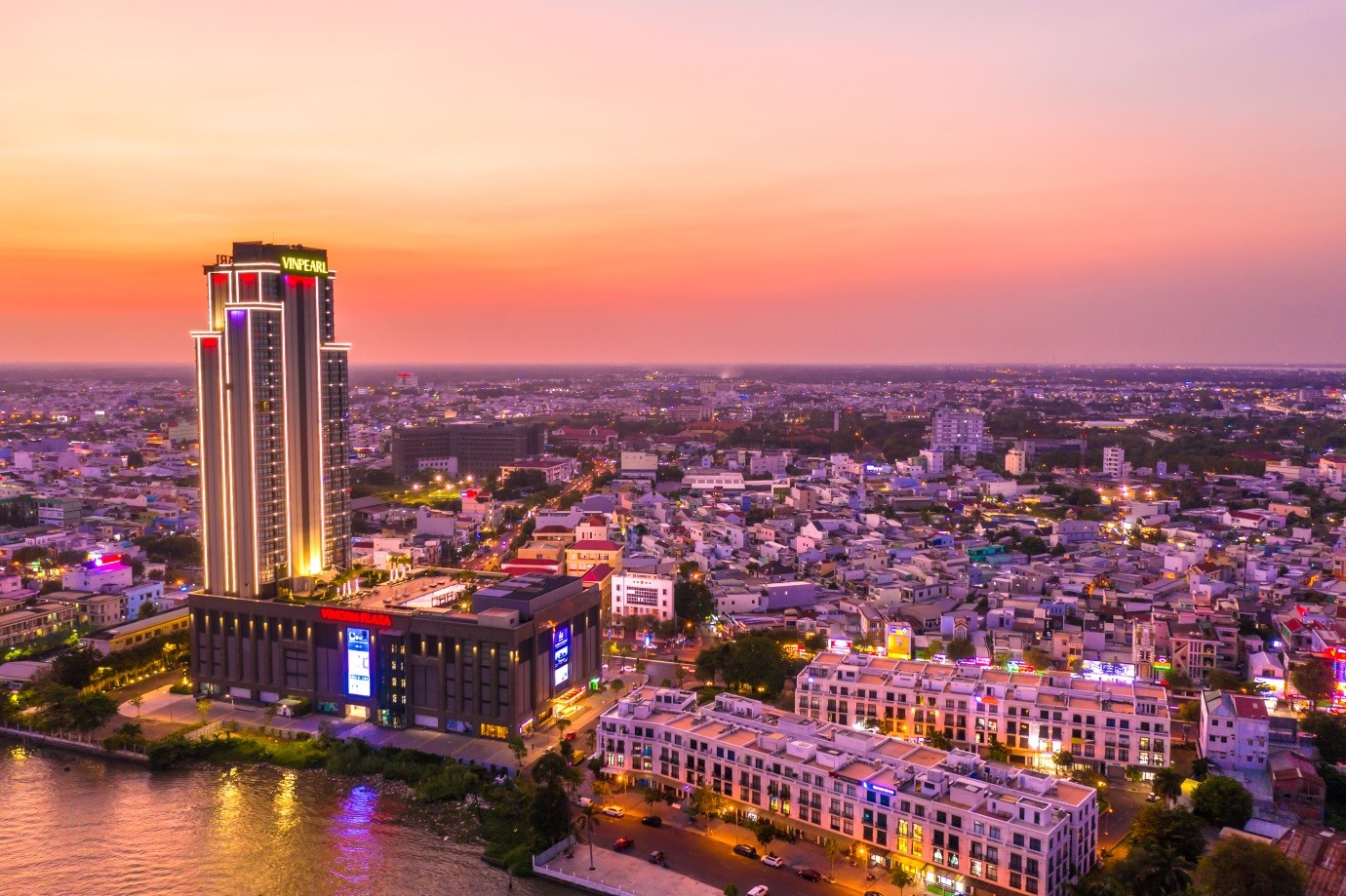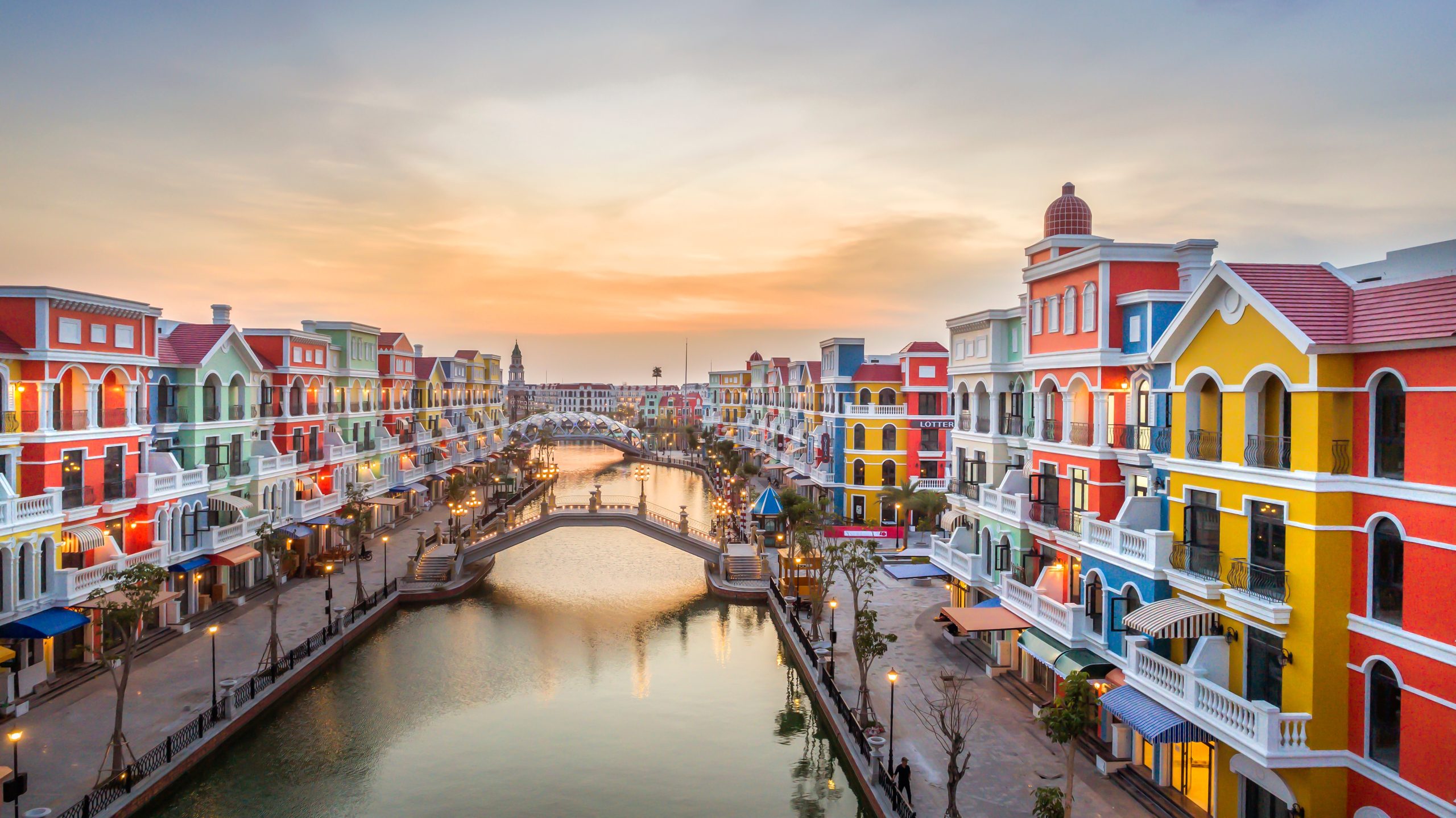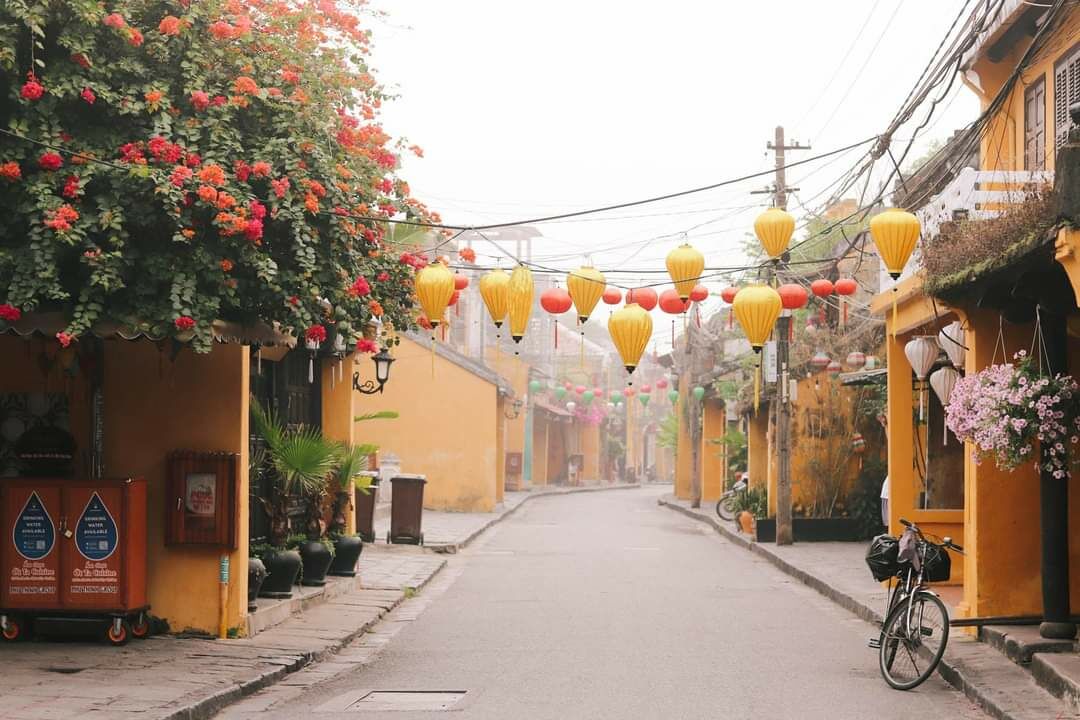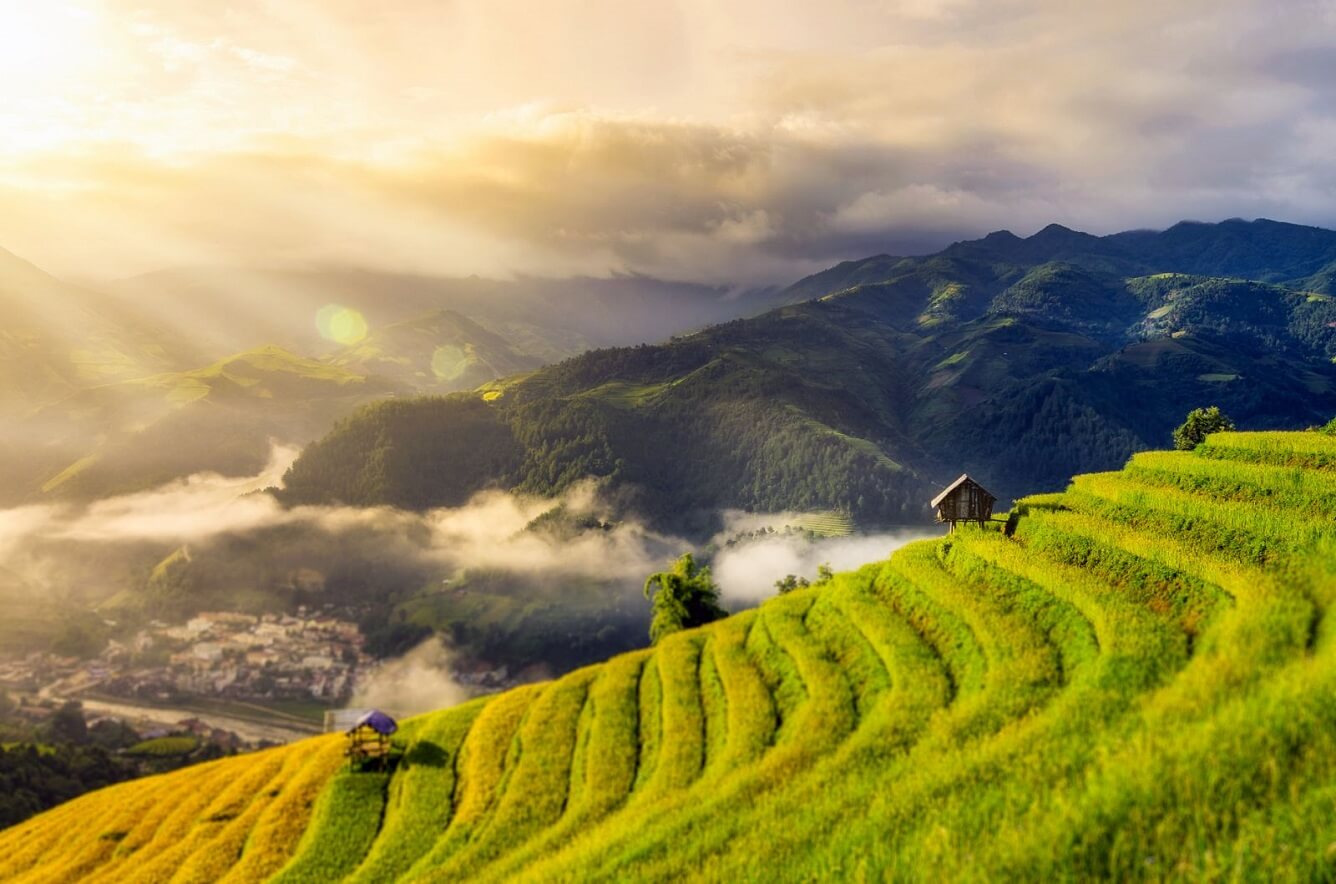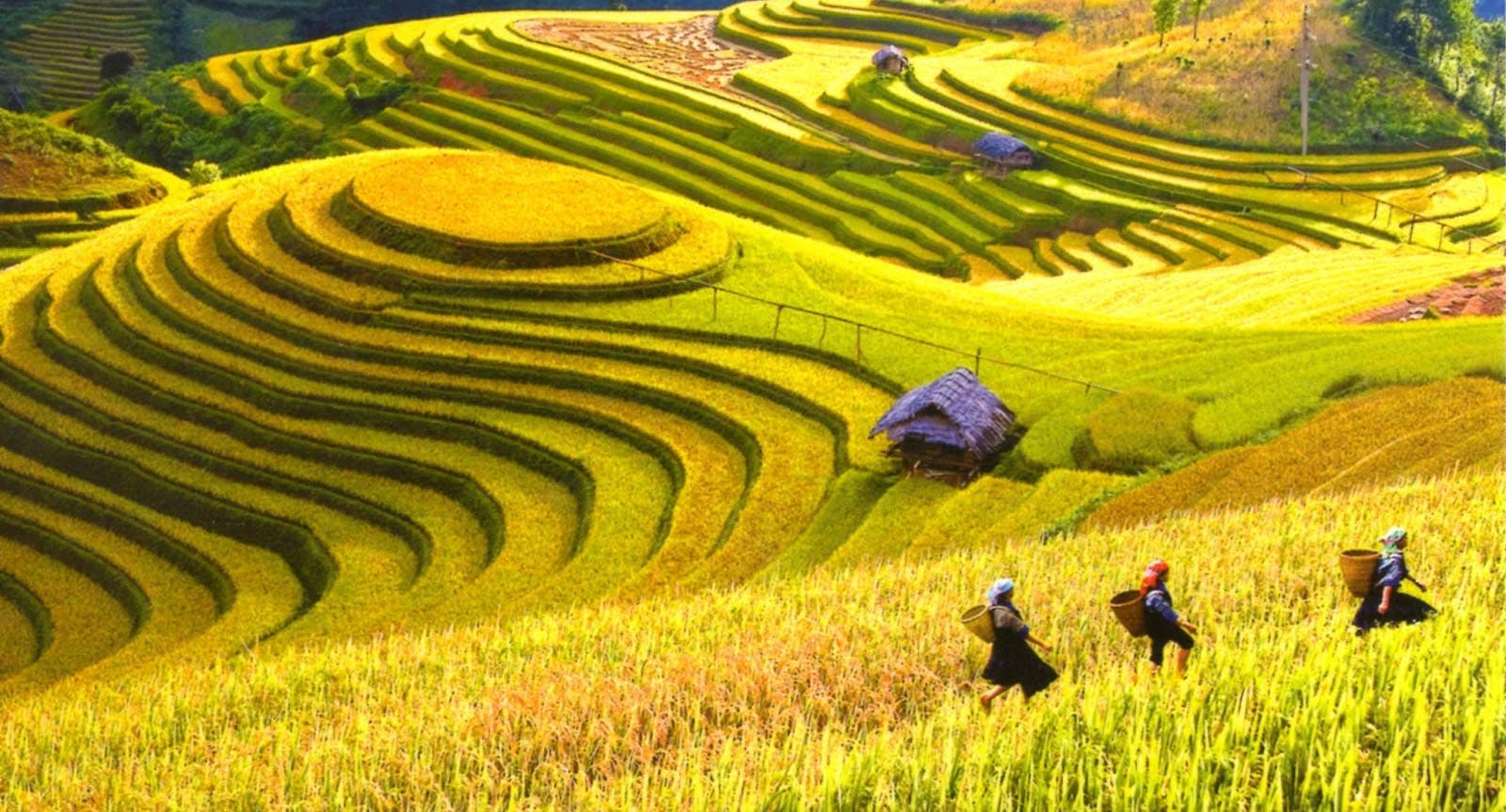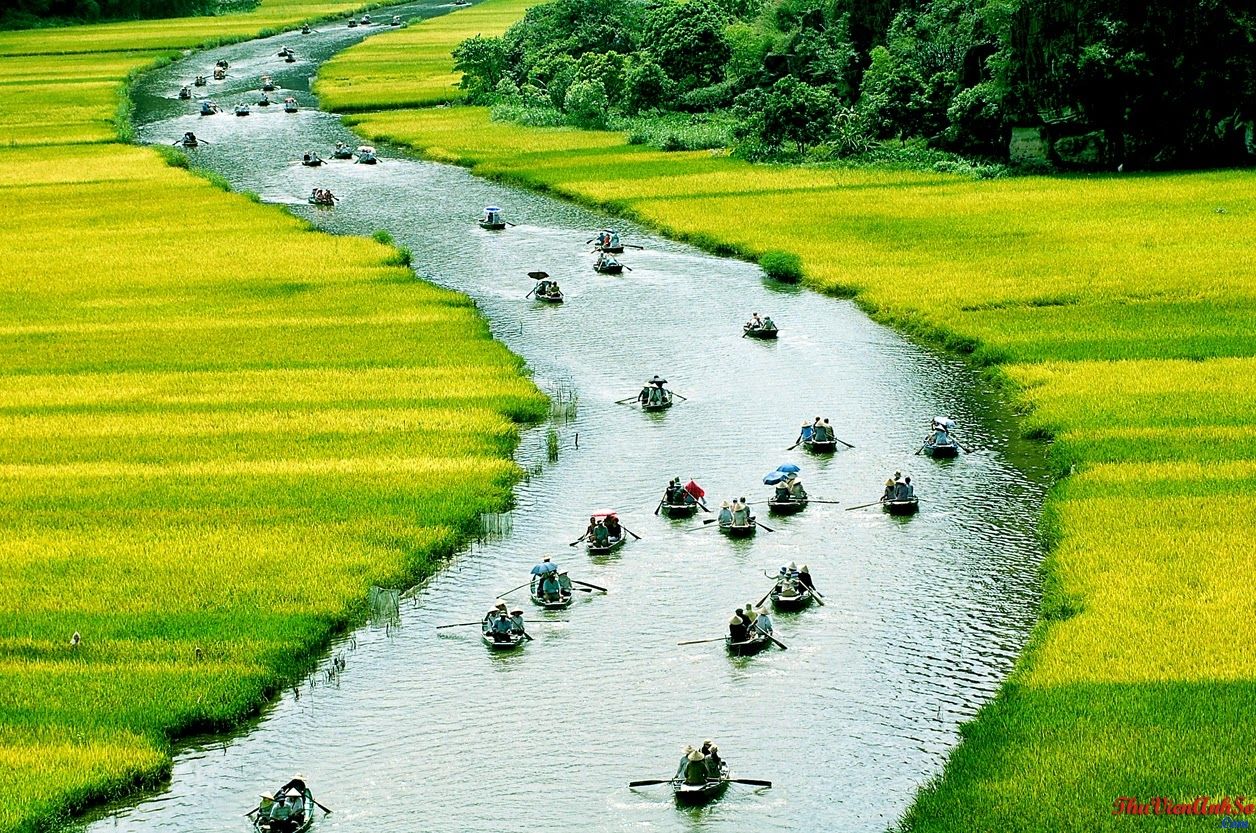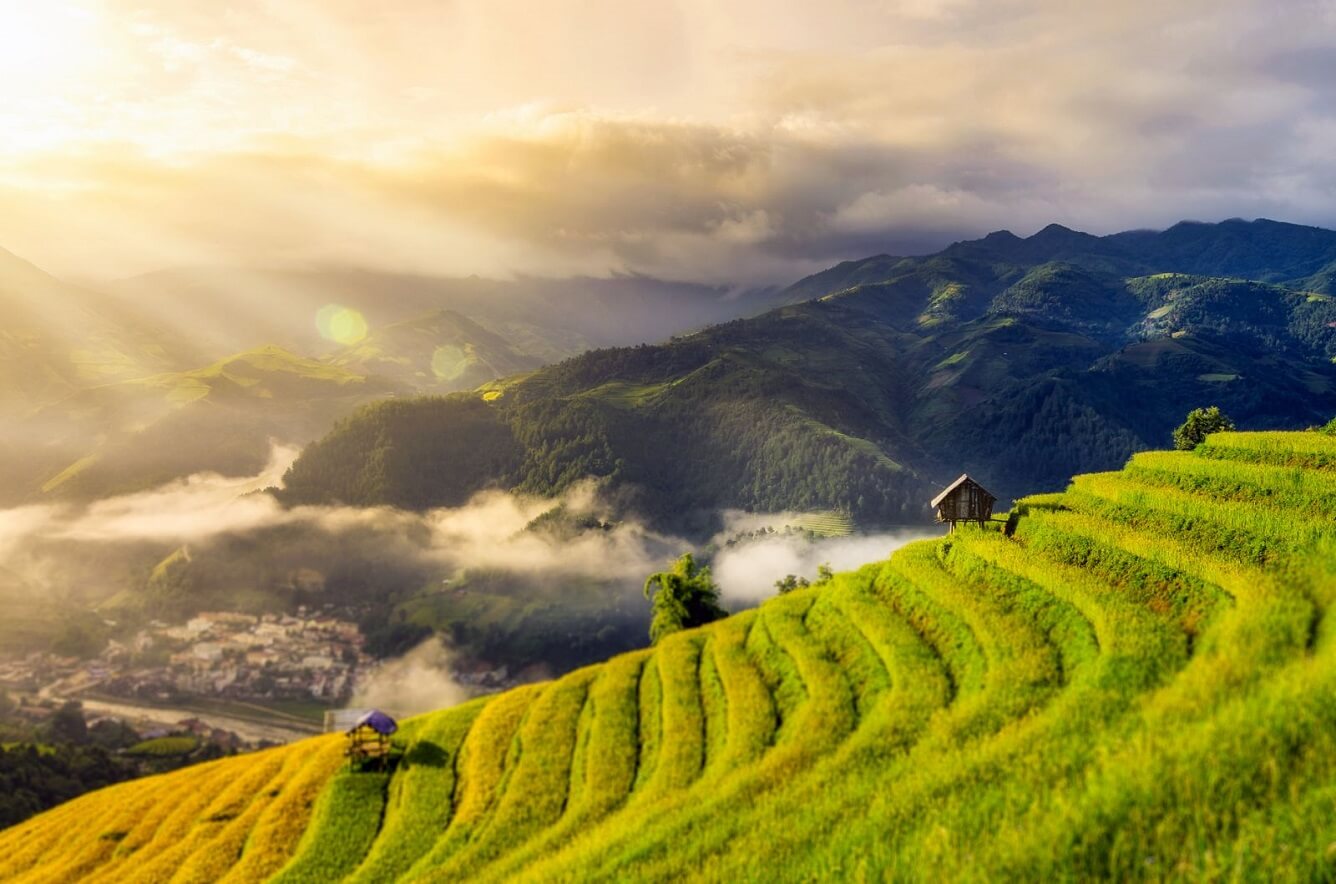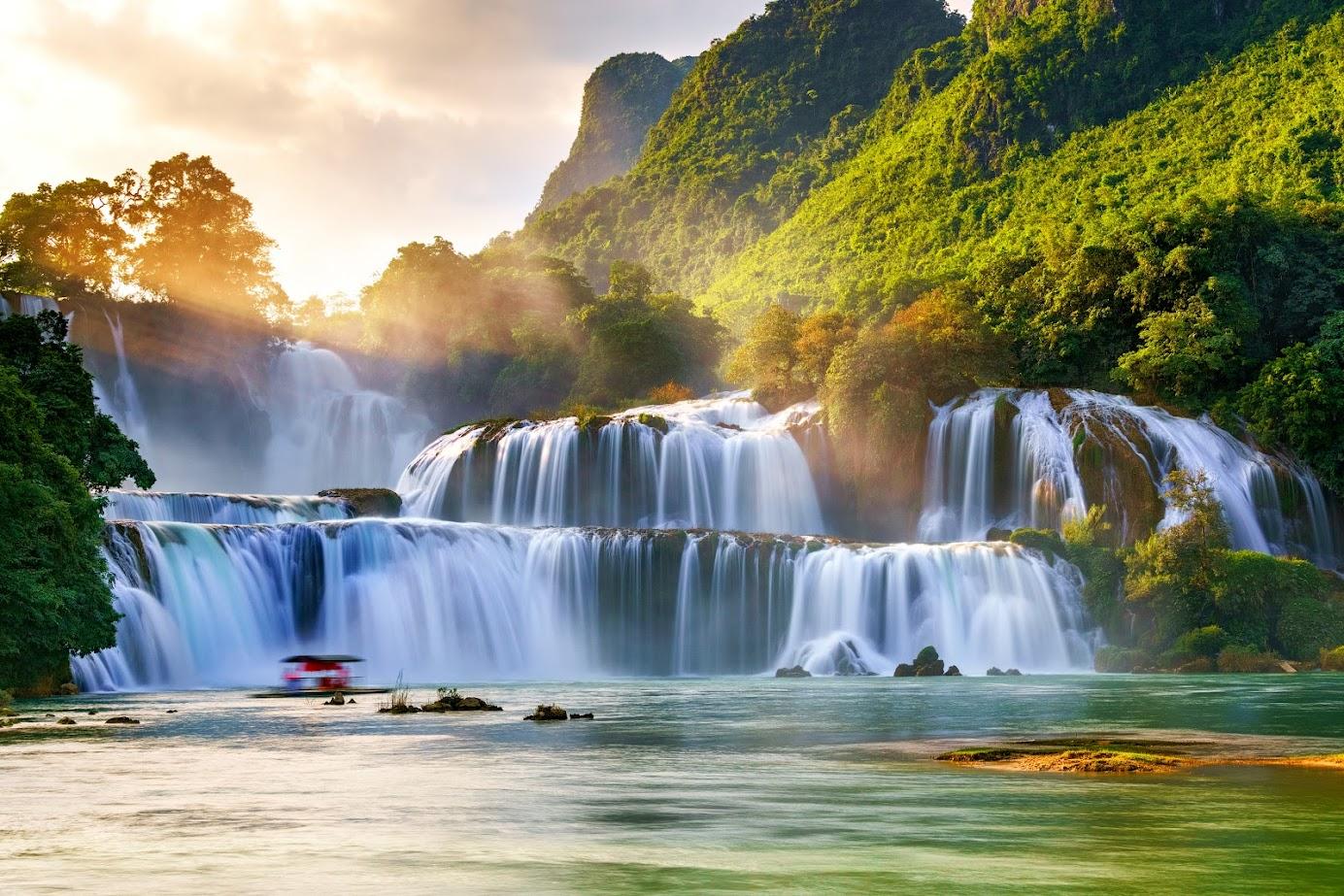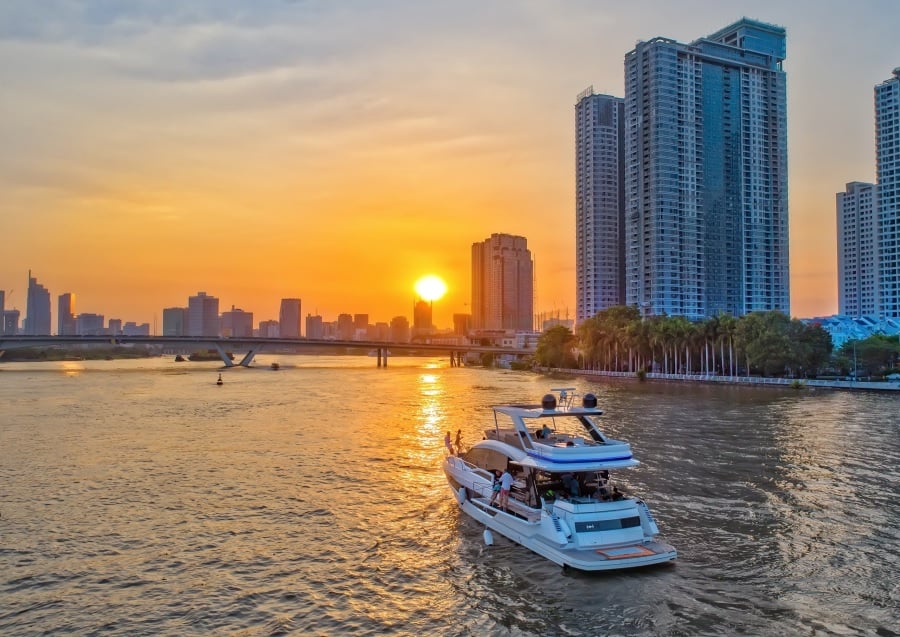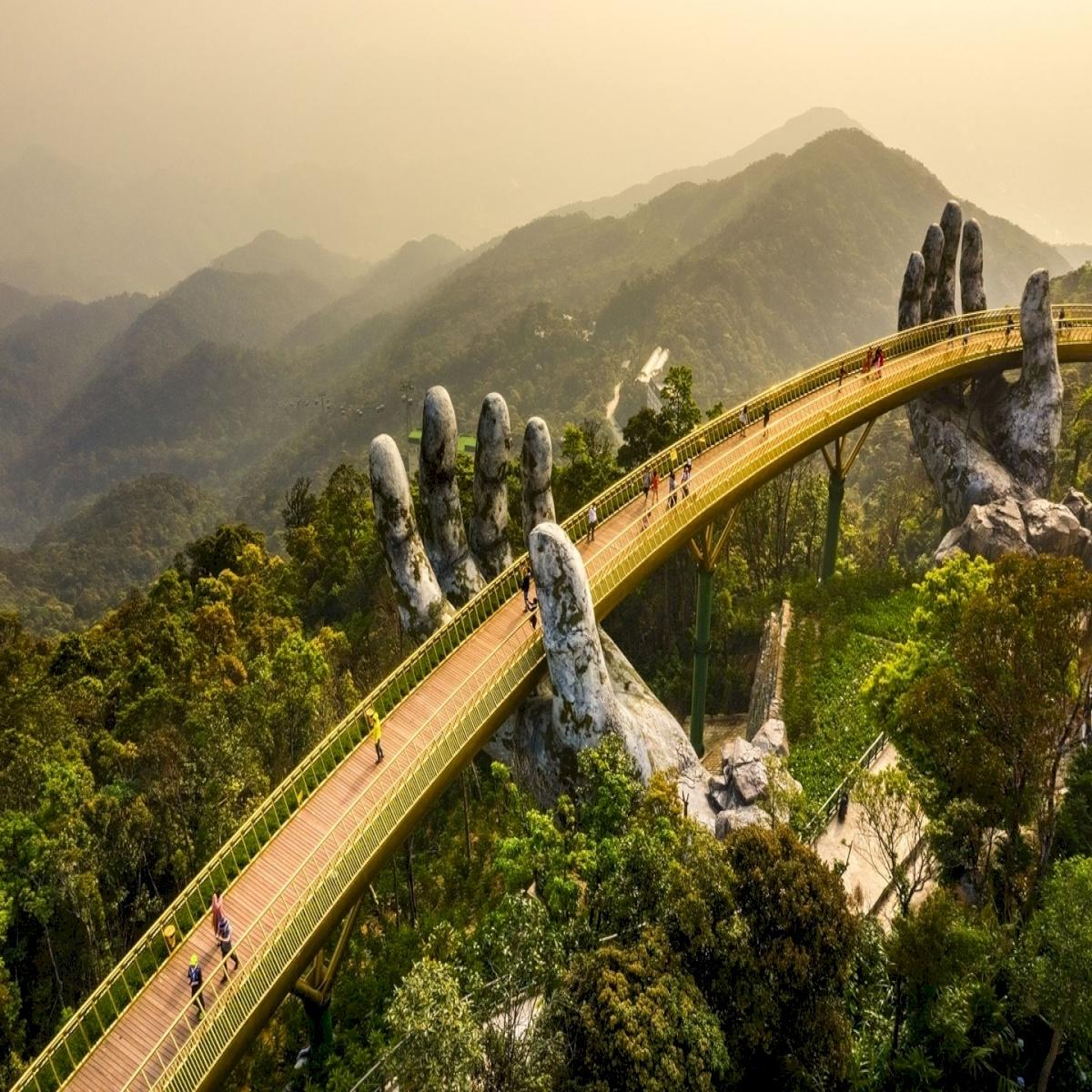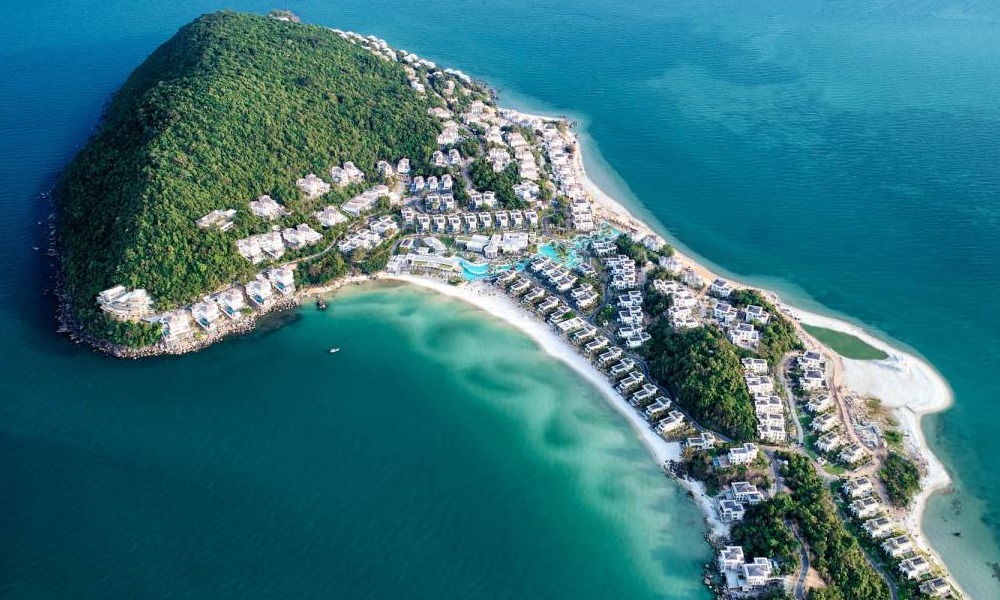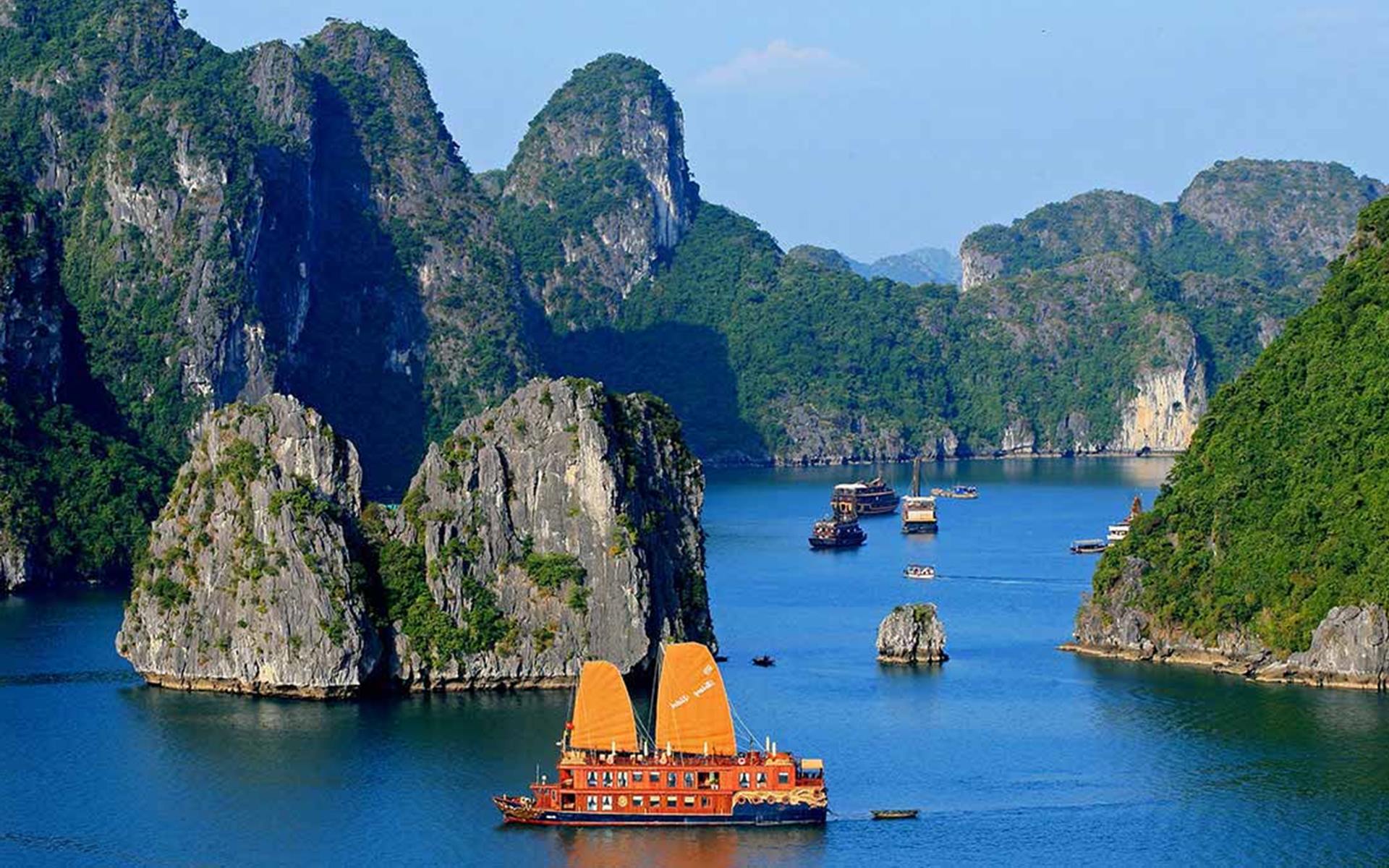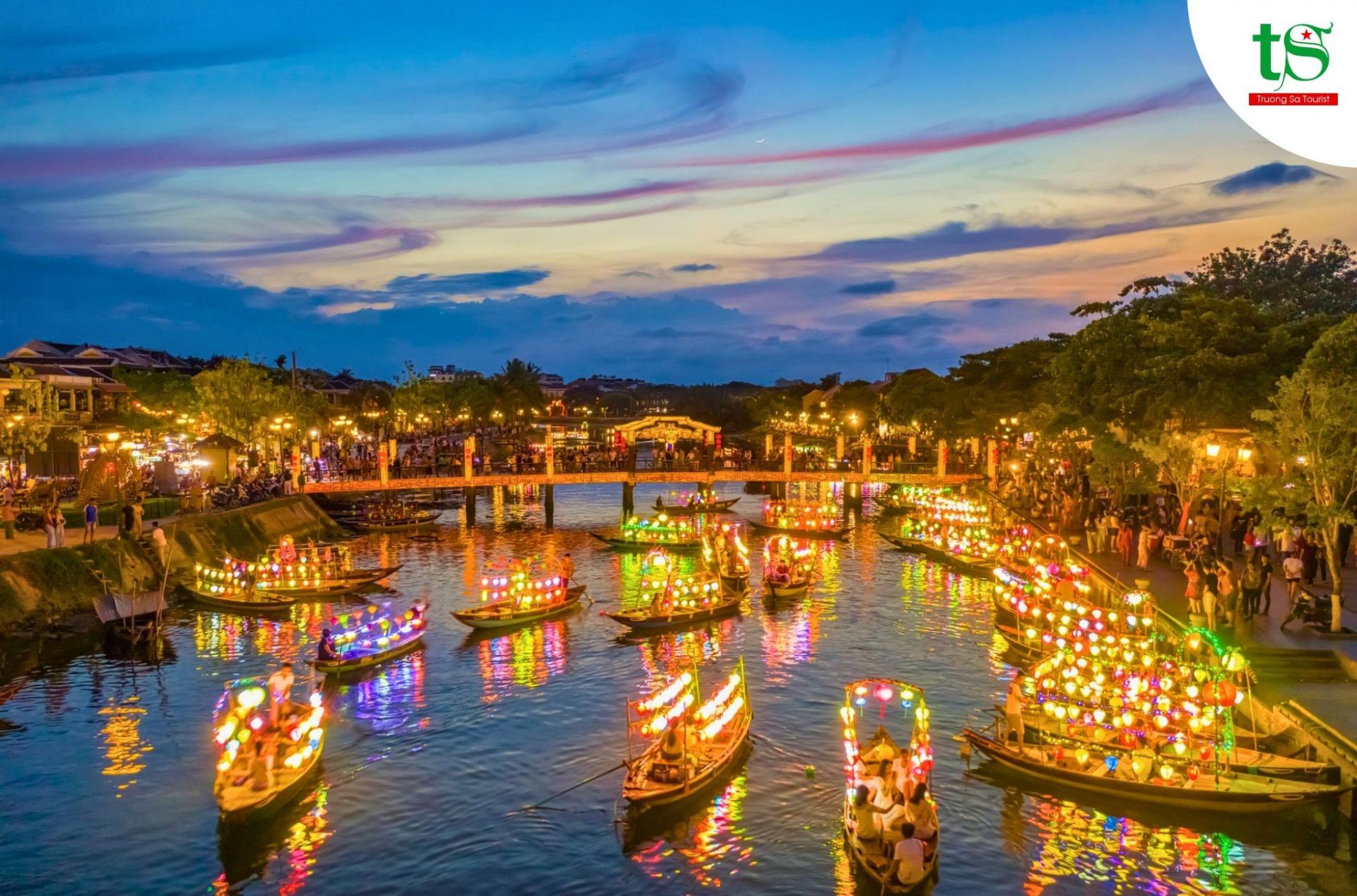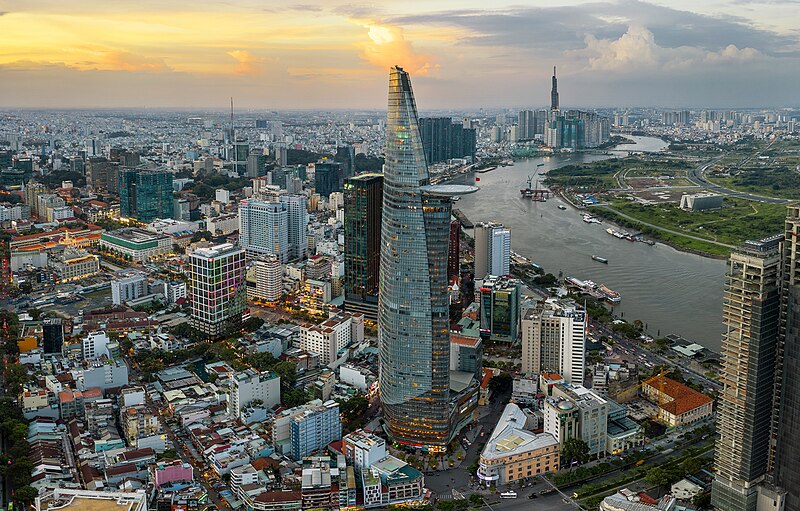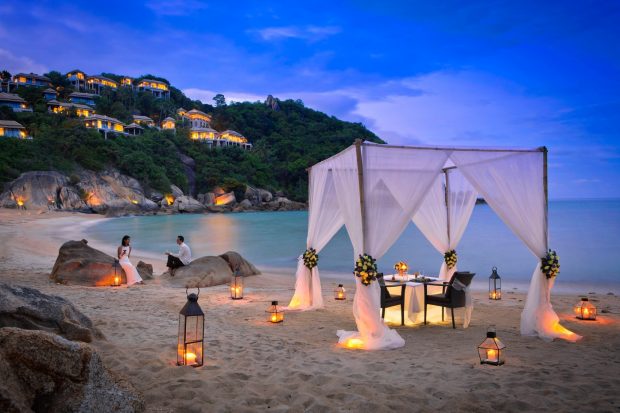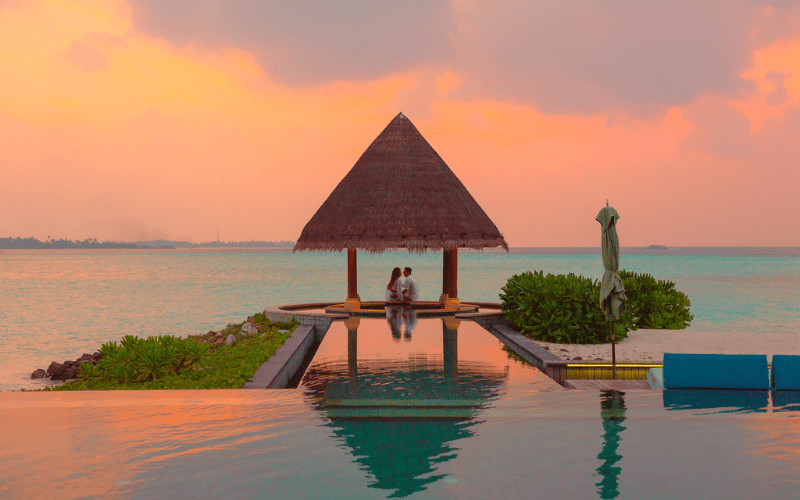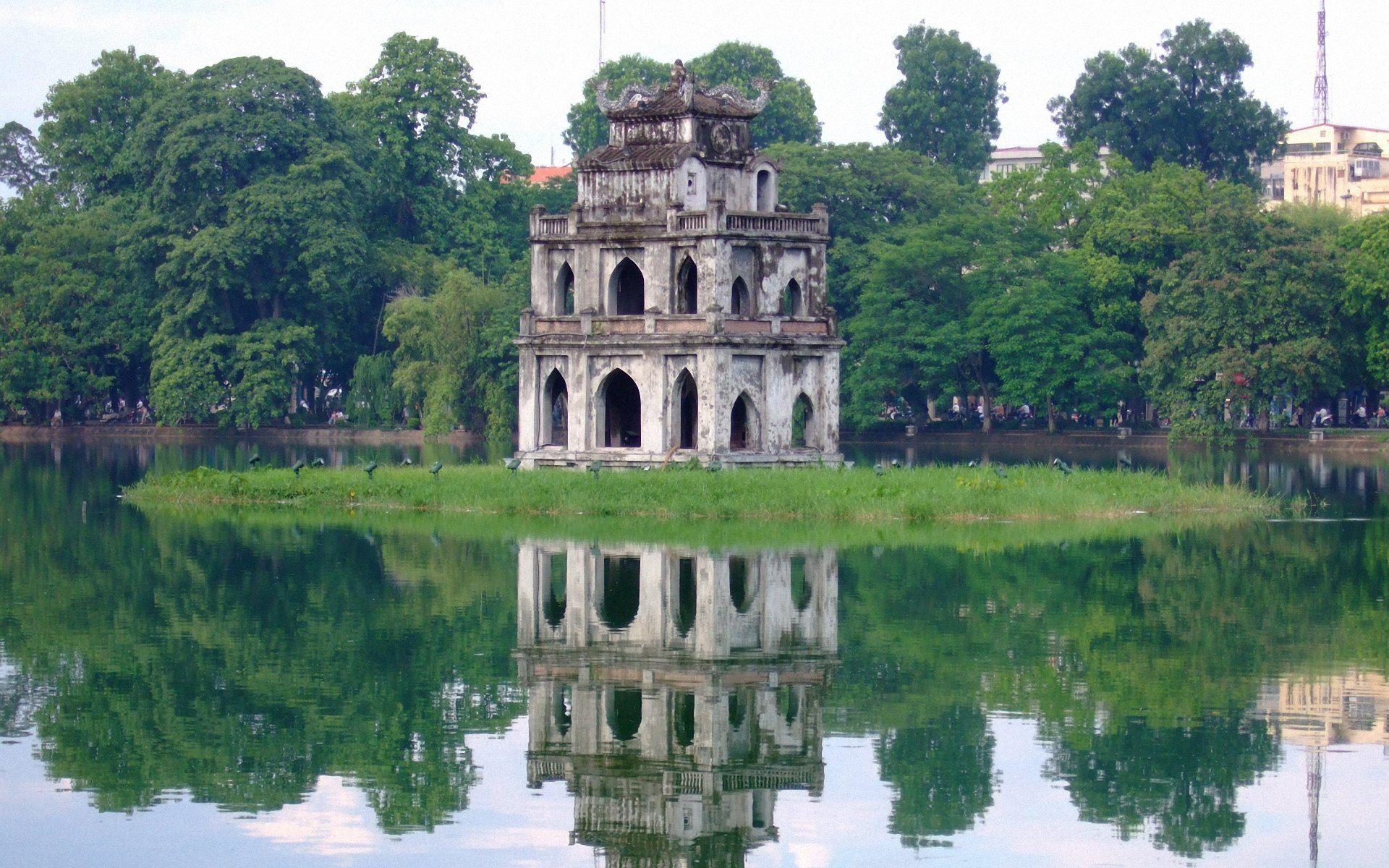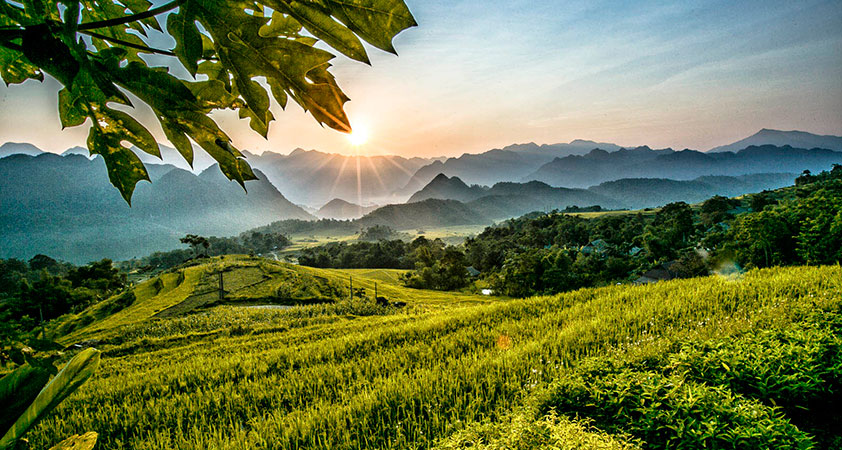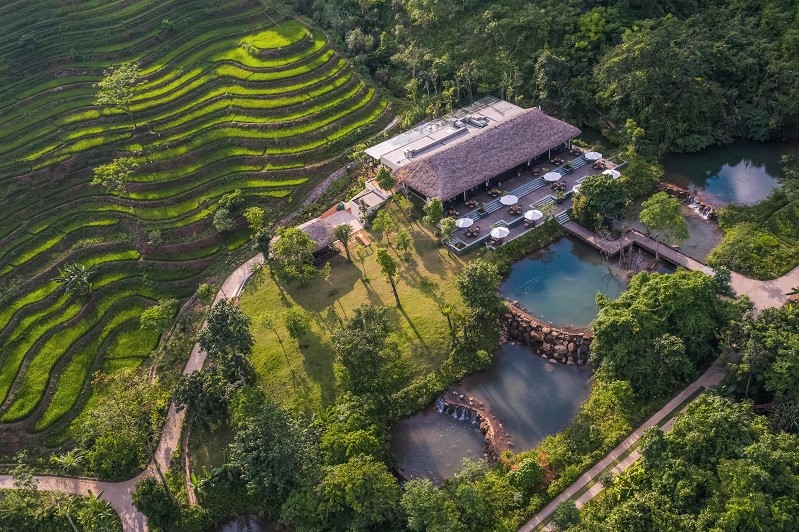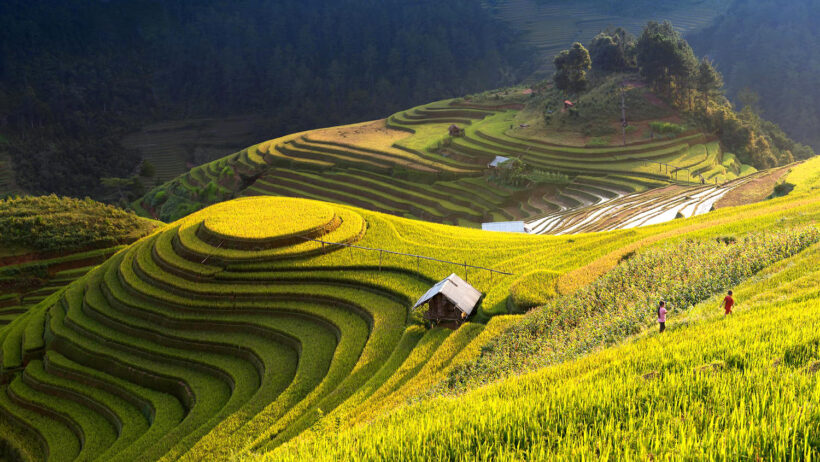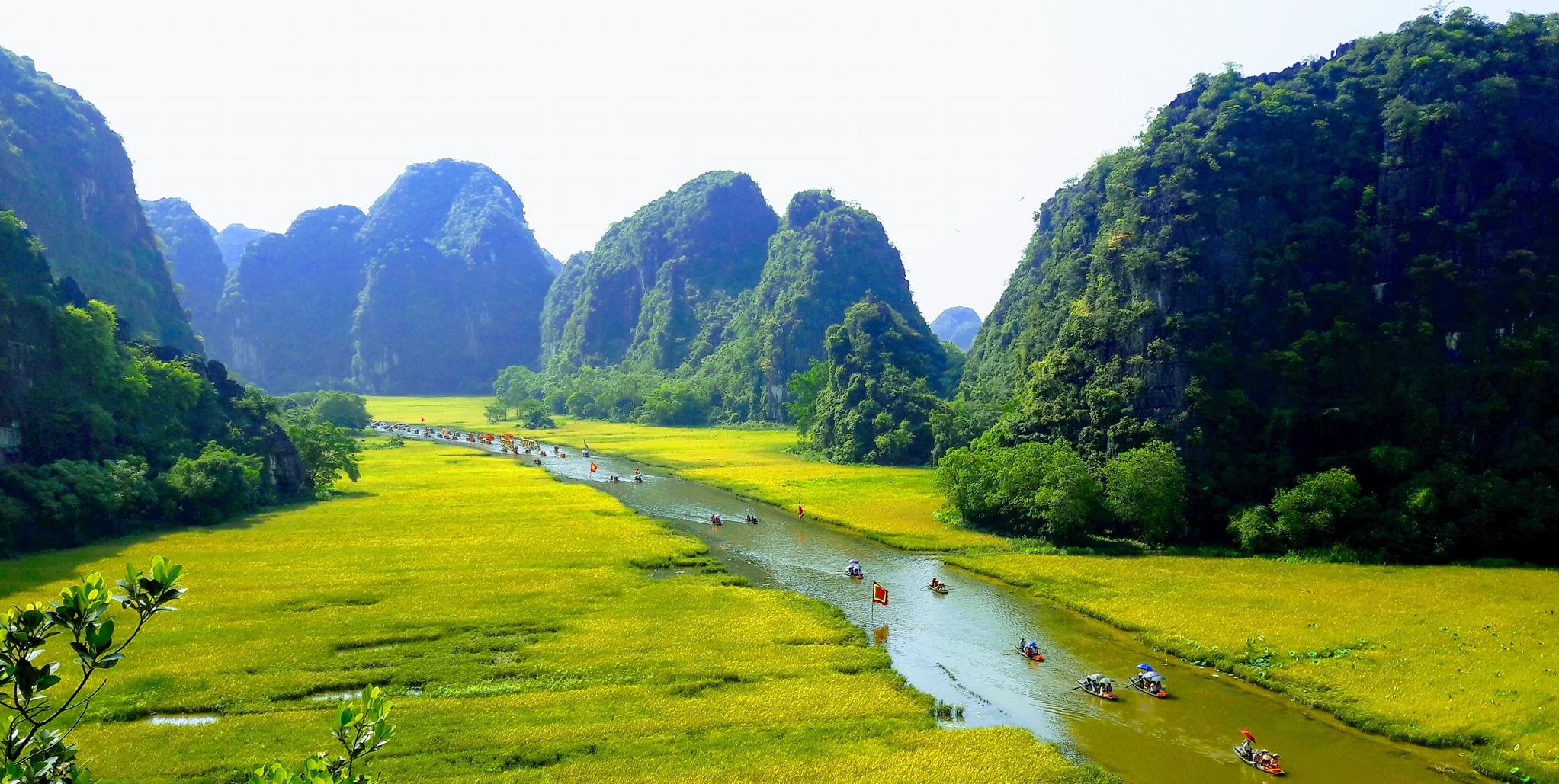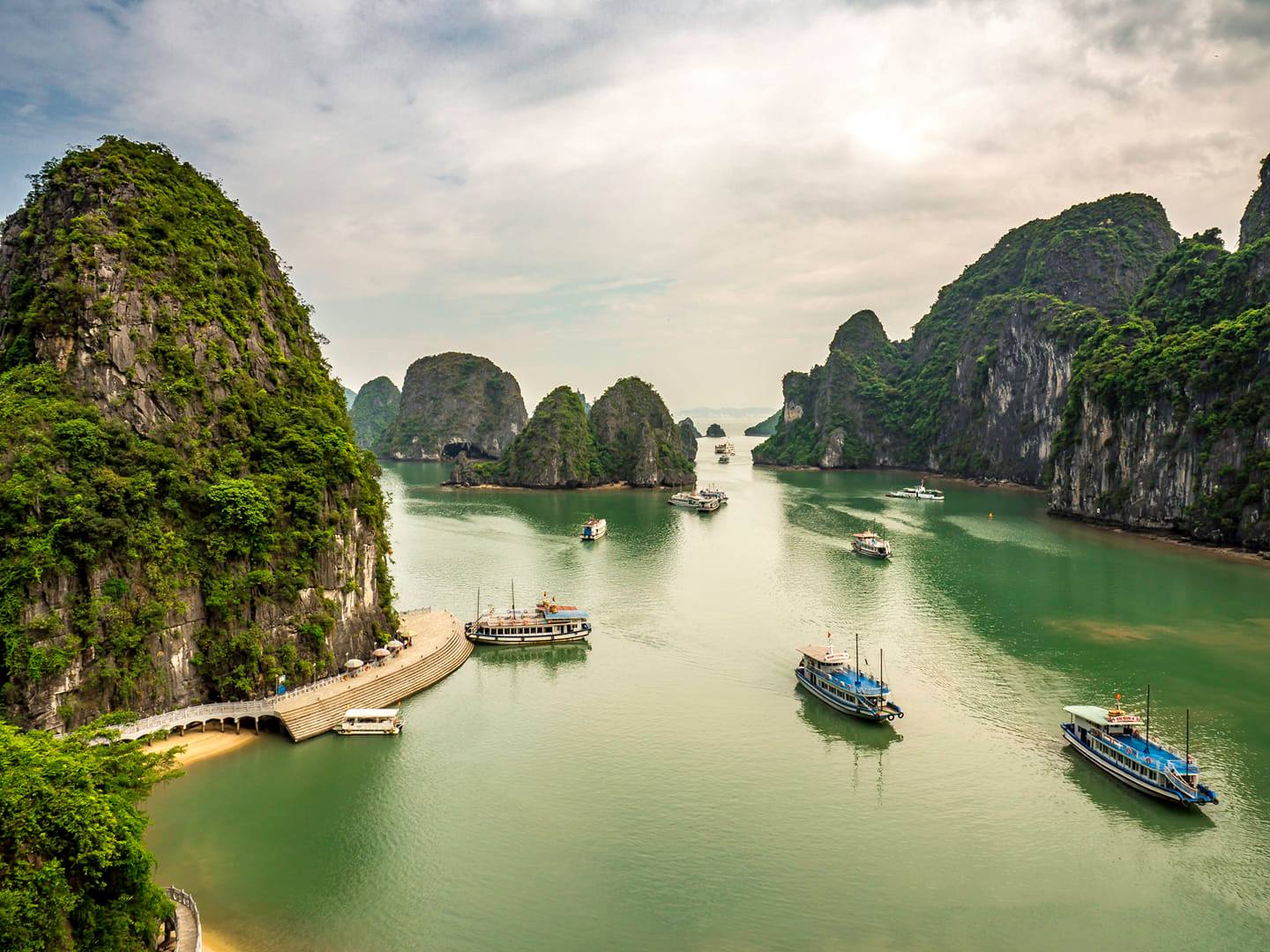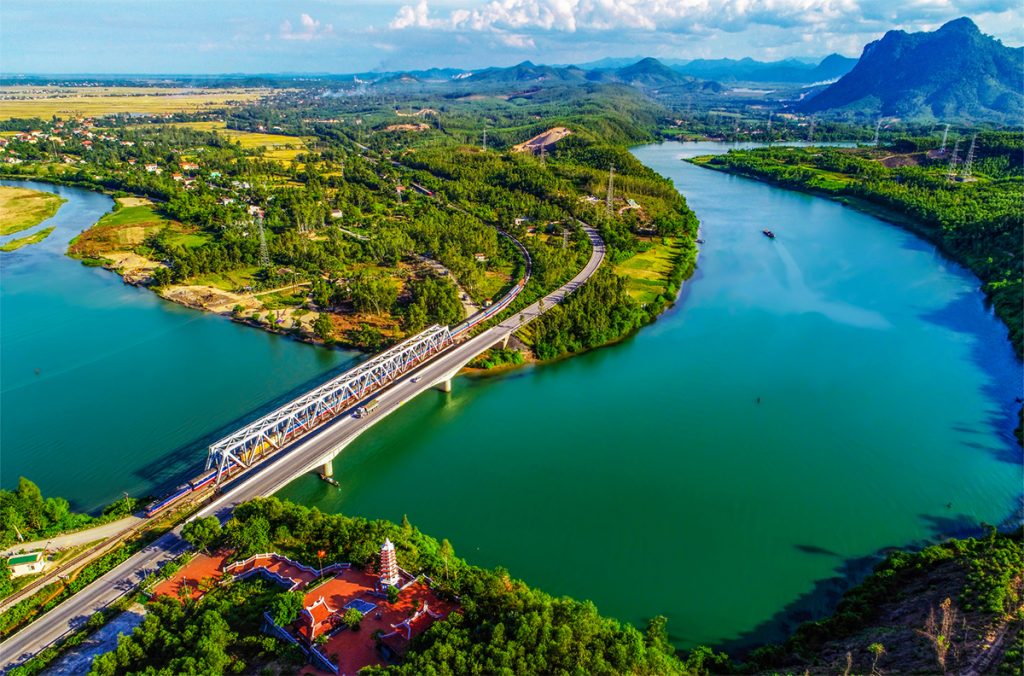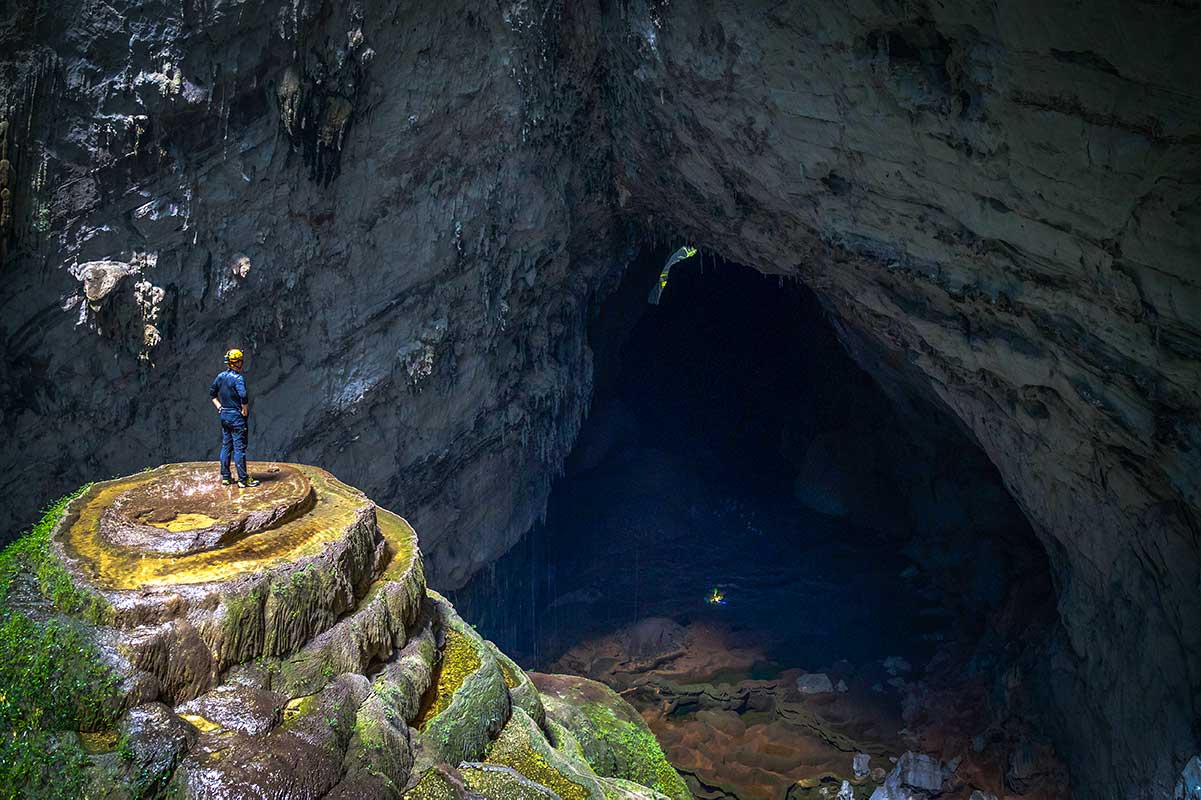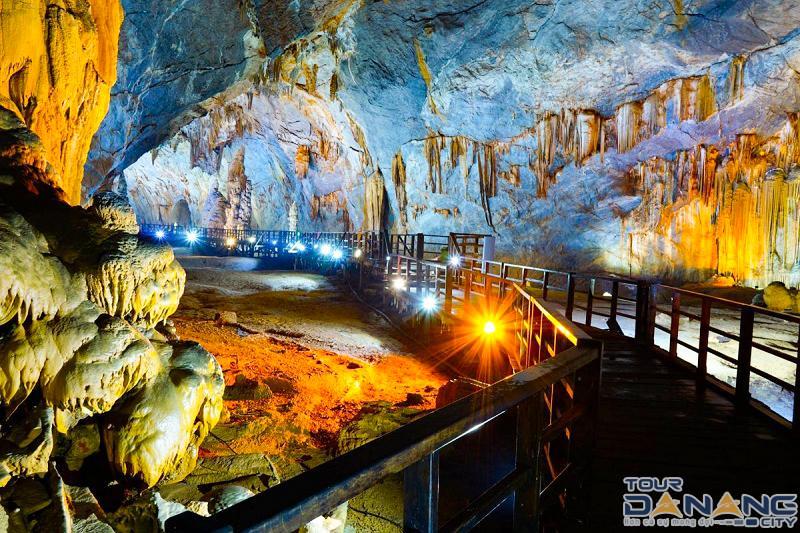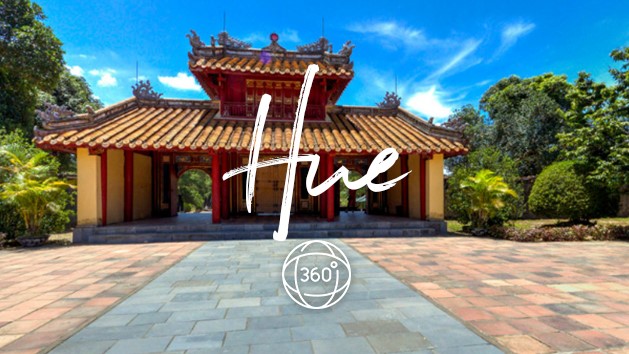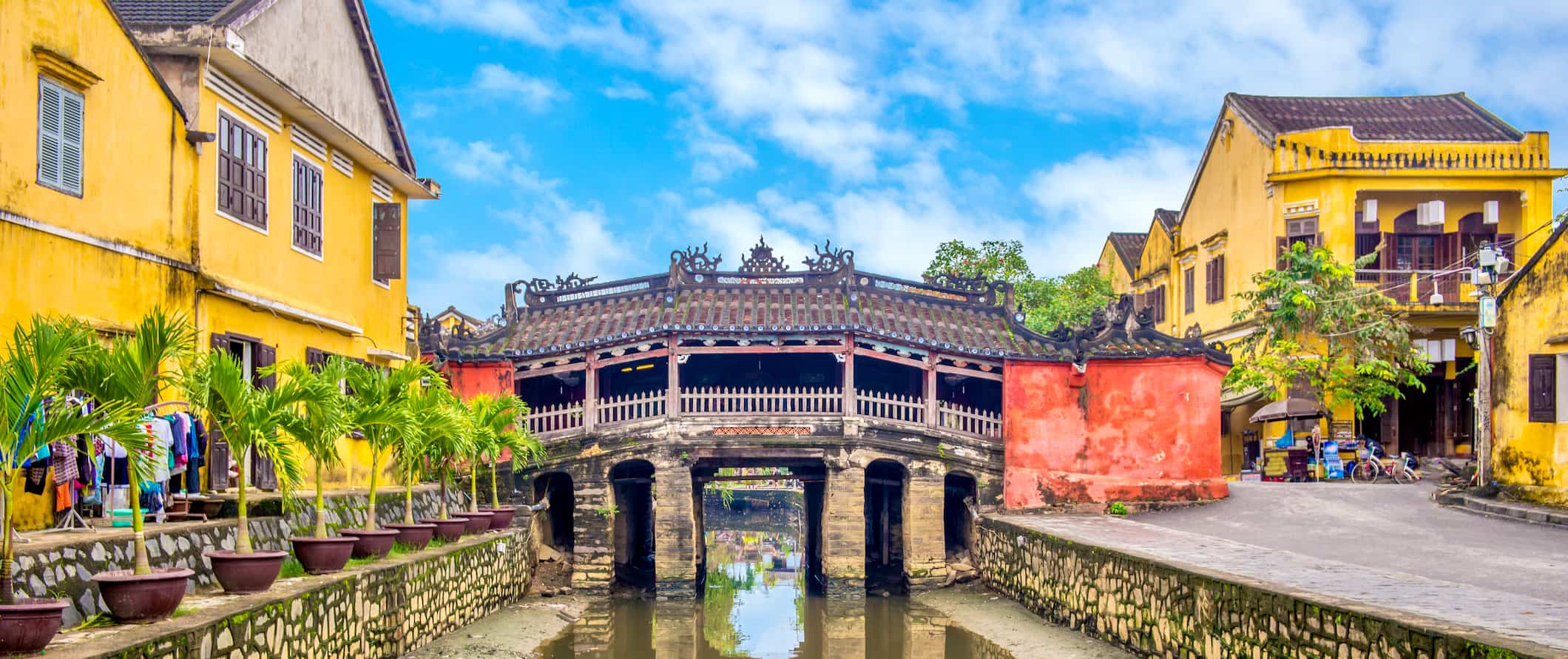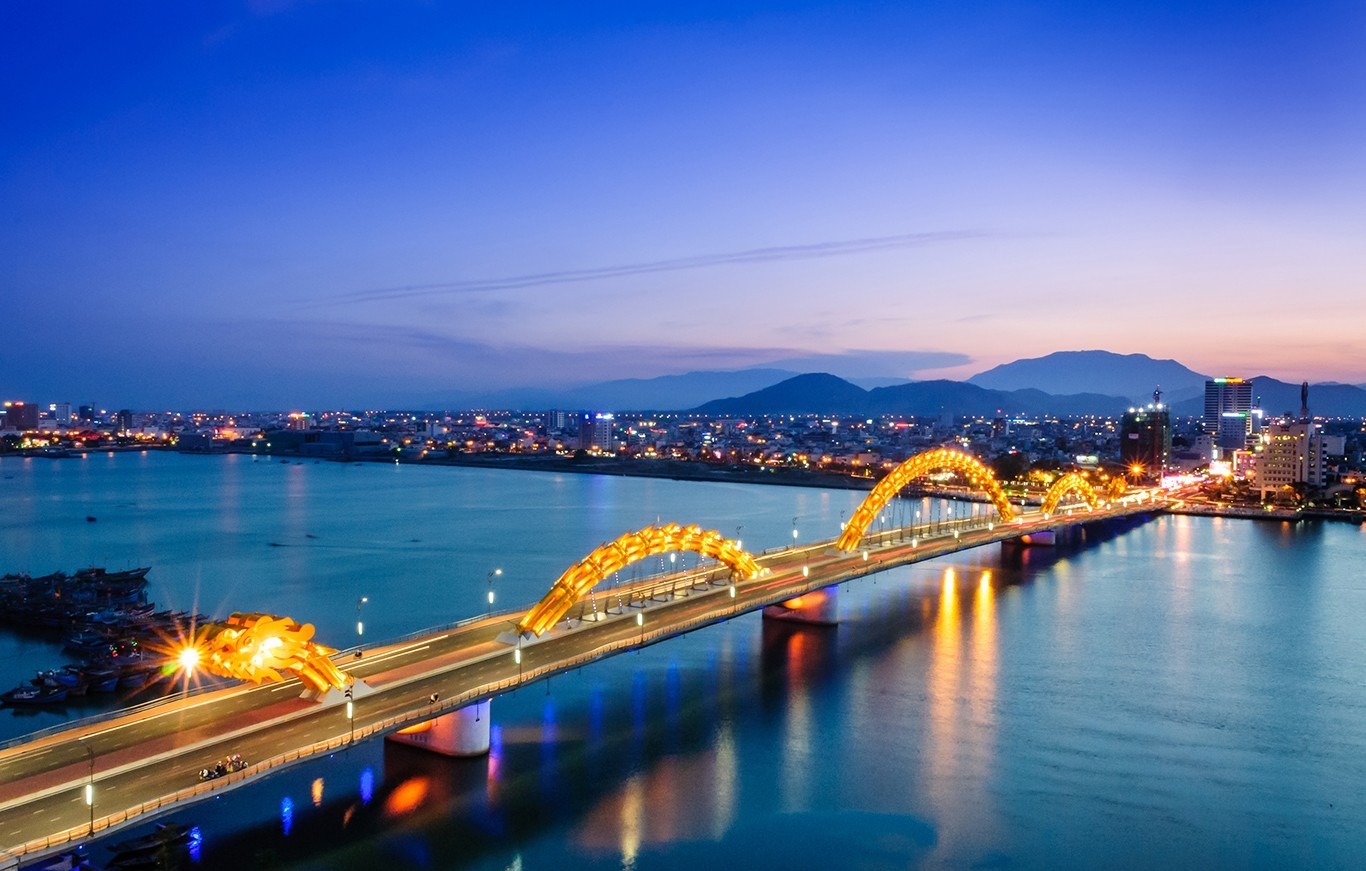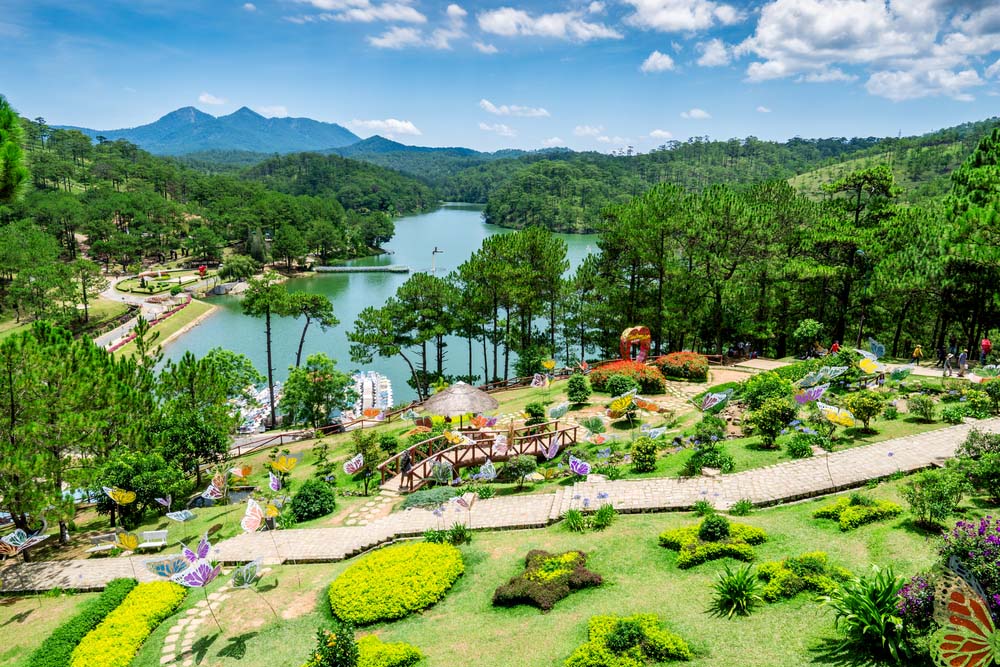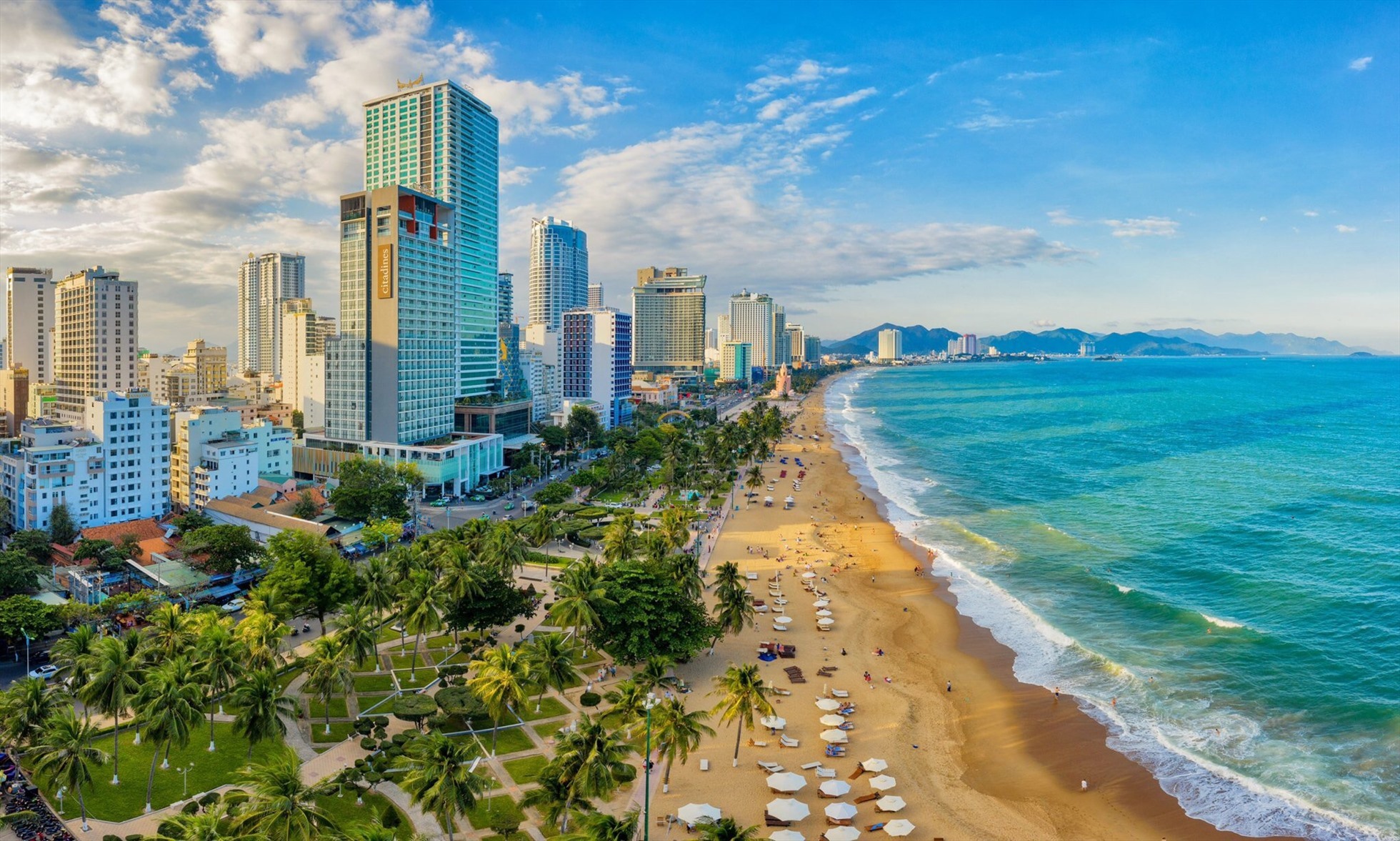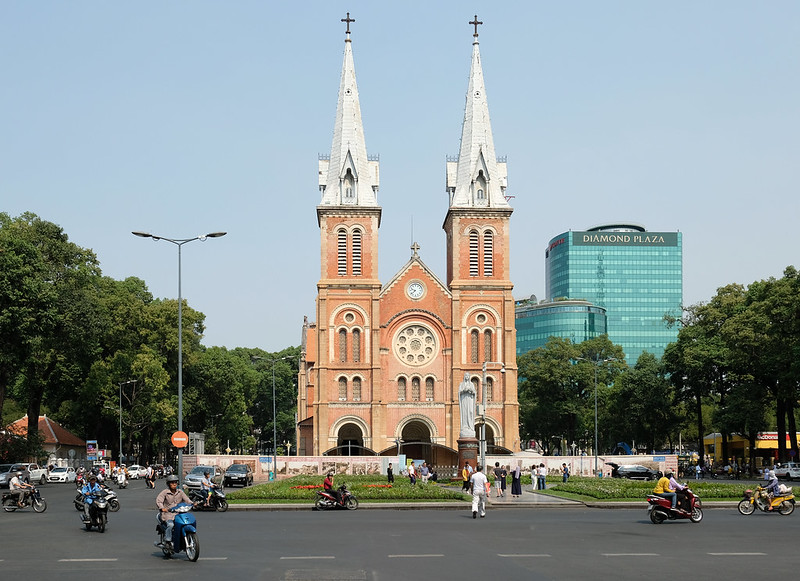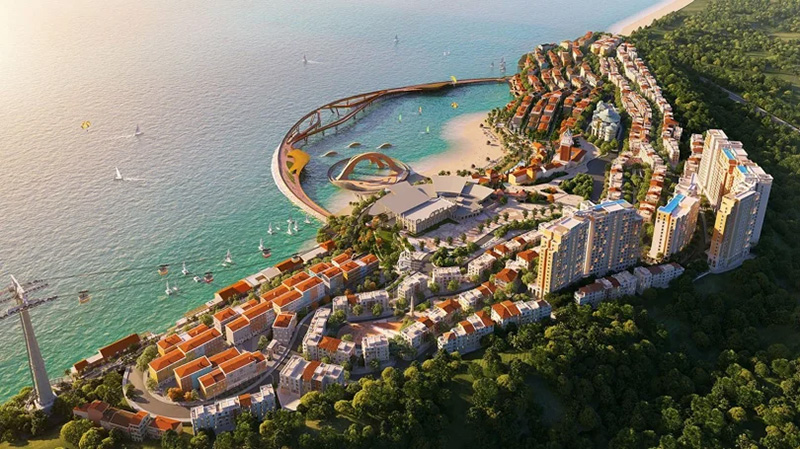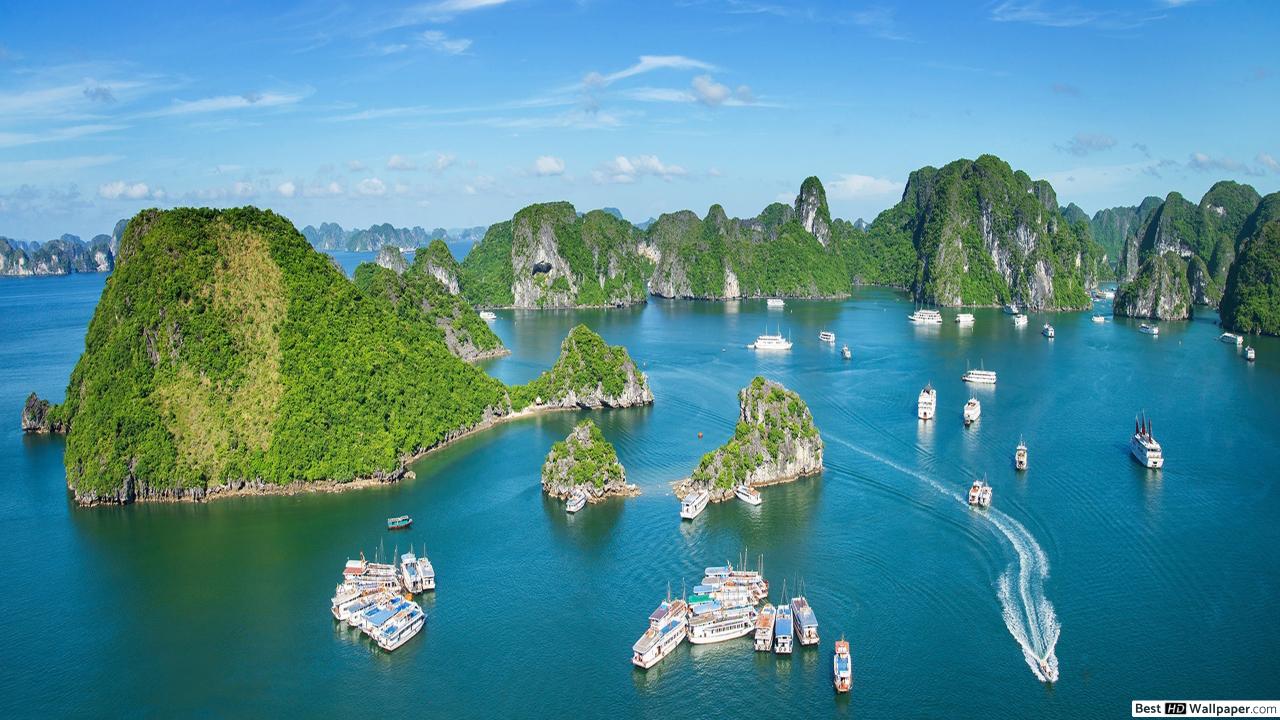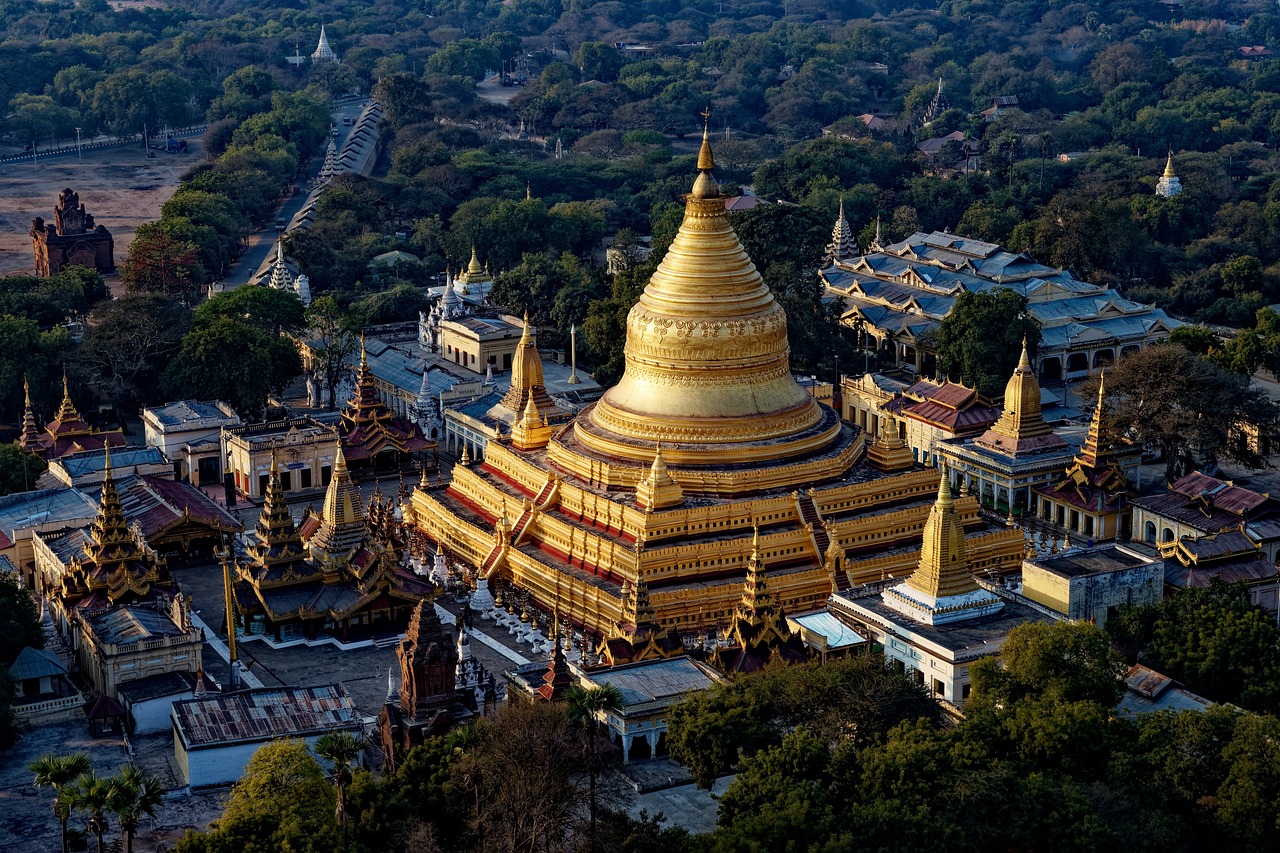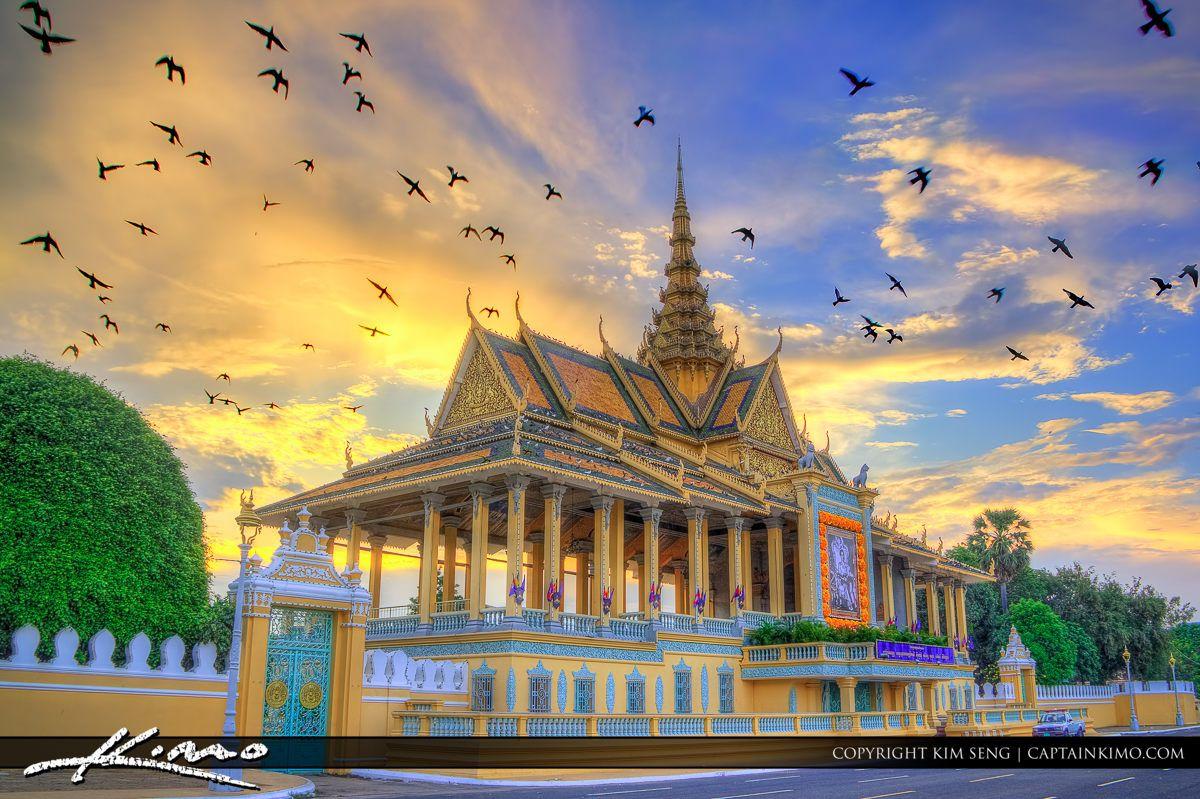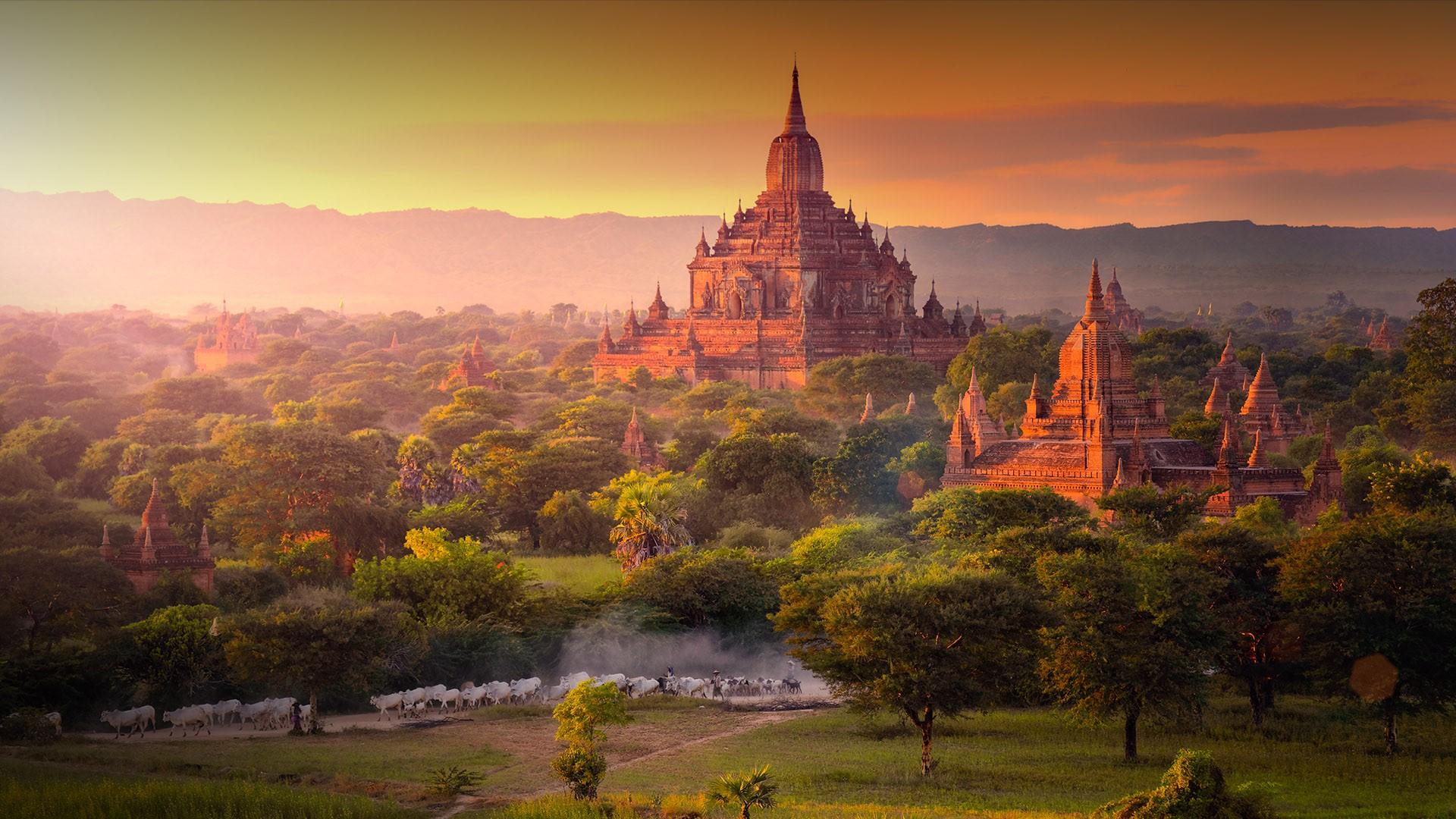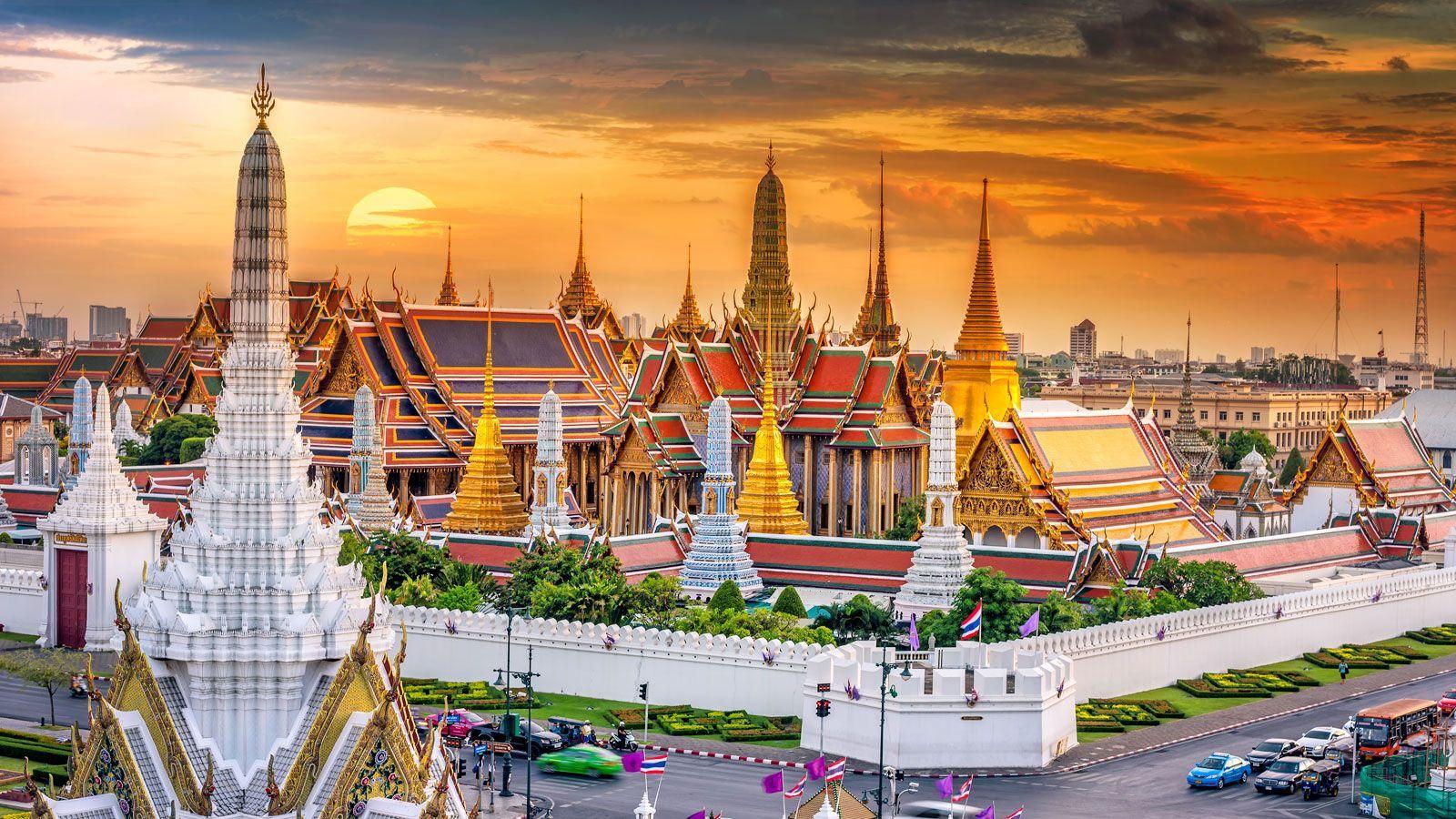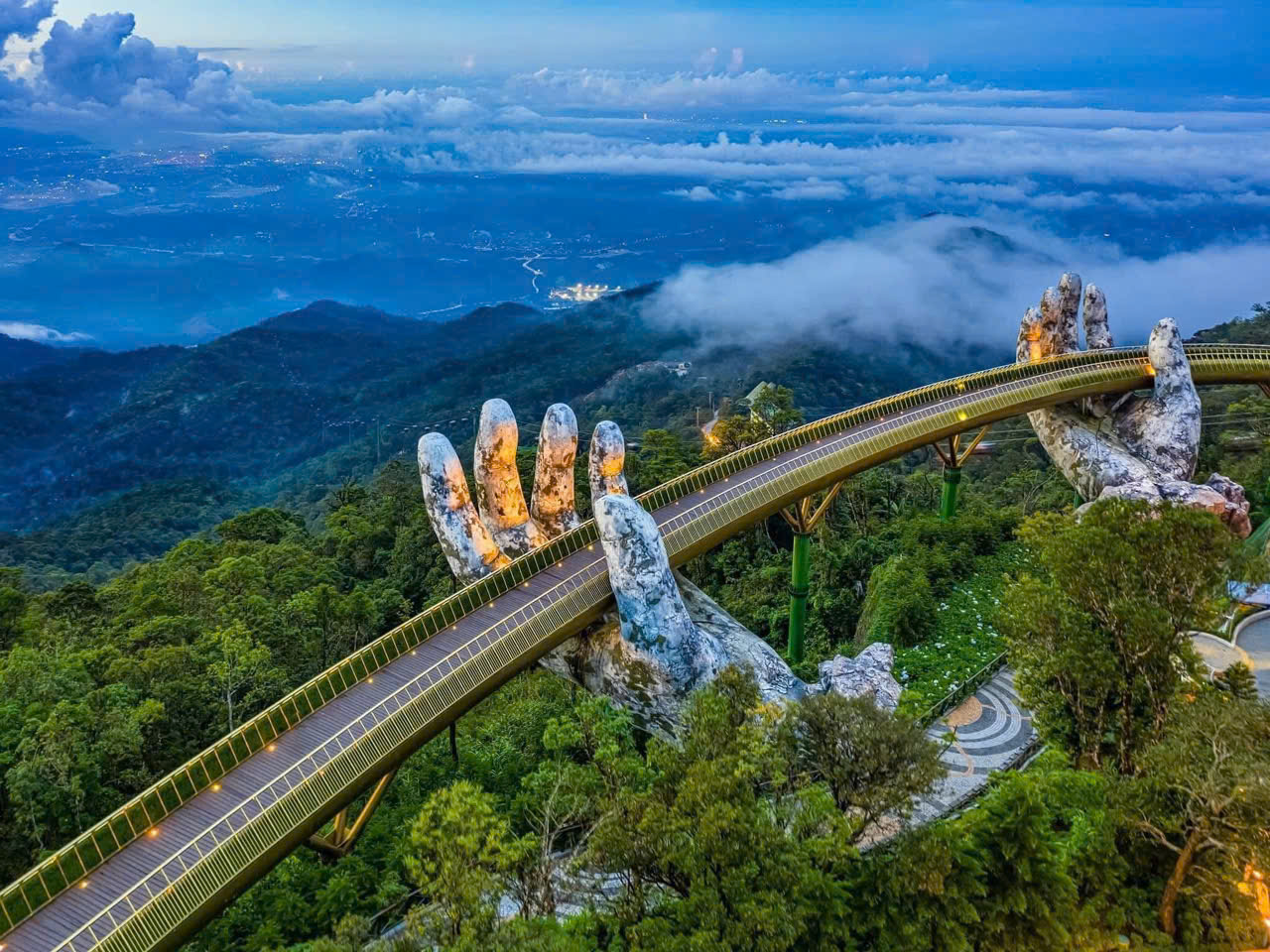
Vietnam
Vietnam – Timeless Charm
Nestled in the heart of Southeast Asia, Vietnam is a land of mesmerizing beauty, cultural richness, and unforgettable adventures. From the serene waters of Halong Bay to the ancient charm of Hoi An, Vietnam is a country where tradition and modernity coexist in perfect harmony. It’s a destination that invites travelers to explore dynamic cities, discover historical treasures, and immerse themselves in breathtaking natural landscapes.
Vietnam’s geographical diversity is one of its greatest assets. In the north, visitors can wander through misty mountain villages and trek along the terraced hills of Sapa. Central Vietnam beckons with golden beaches, imperial history, and UNESCO-listed towns, while the south offers a mix of urban energy in Ho Chi Minh City and tranquil river life in the Mekong Delta. Whether you’re cruising through limestone islands, walking through vibrant street markets, or relaxing on a tropical beach, every region offers a unique perspective on Vietnam’s story.
A favorite among global travelers, Vietnam is one of Asia’s most exciting and accessible destinations. Its booming tourism industry welcomes millions each year with open arms, offering everything from cultural excursions and culinary tours to nature escapes and beach holidays. With its world-class street food, friendly locals, and affordable travel experiences, Vietnam caters to both first-time visitors and seasoned explorers alike.
Discover the magic of Vietnam—where every corner holds a new adventure, every dish tells a story, and every journey becomes a cherished memory. Your unforgettable Vietnamese experience starts here.
Tours Highlight
Top Cities
Ha Noi
Pu Luong
Mai Chau
Ha Giang
Ninh Binh
Halong Bay
Quang Binh
Hue
Hoi An
Da Nang
Da Lat
Nha Trang
Ho Chi Minh City
Phu Quoc
Travel Blog
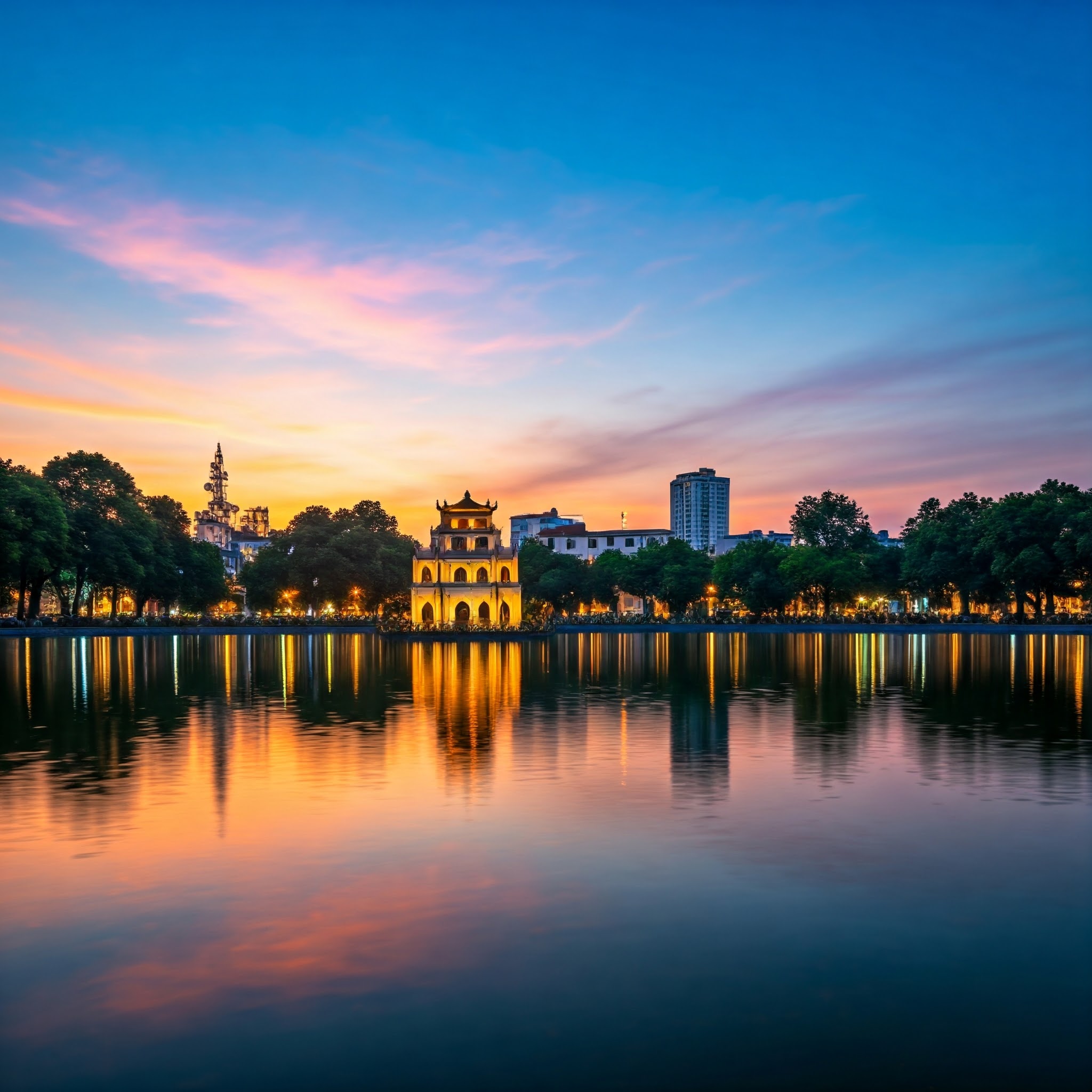
Hà Nội – Ngàn Năm Văn Hiến
Những dấu mốc quan trọng trong lịch sử Hà Nội qua từng thời kỳ Khám phá
View details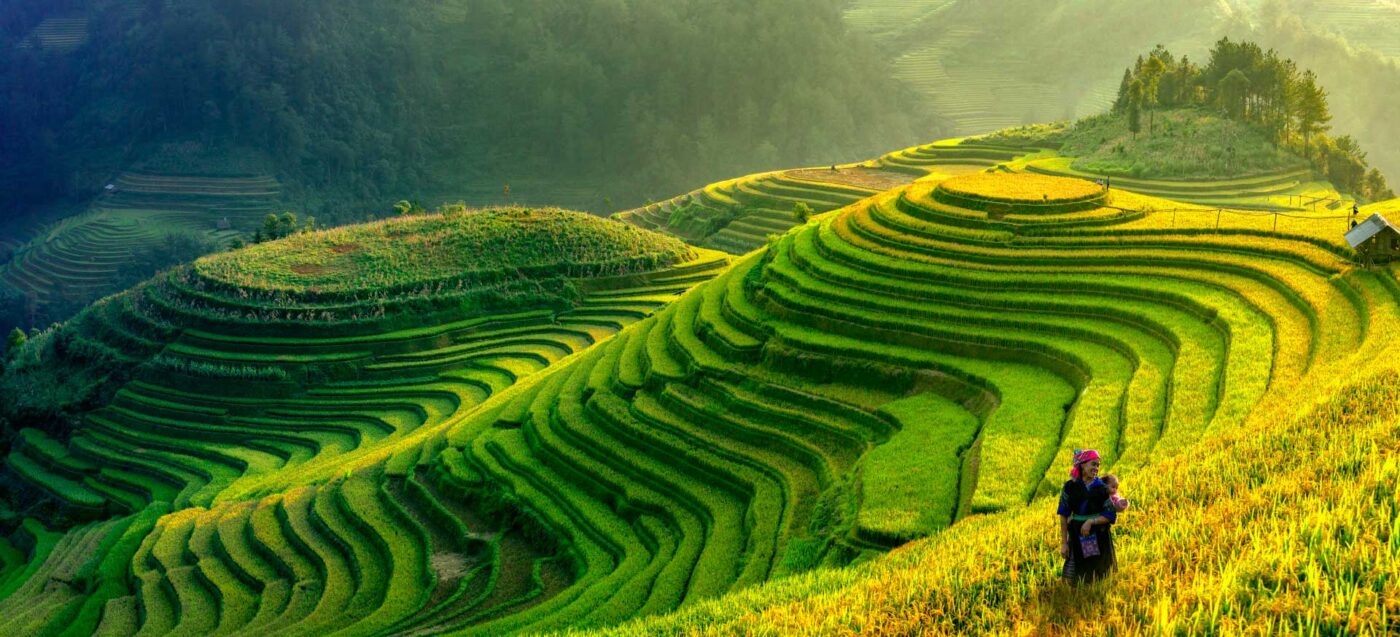
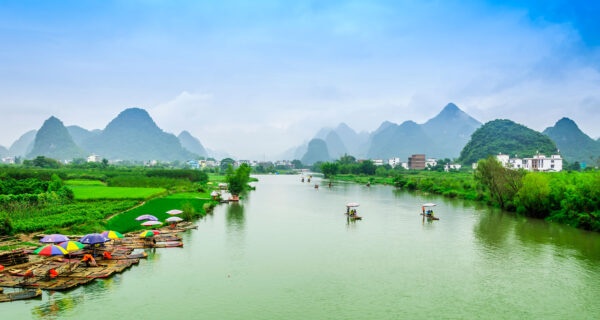

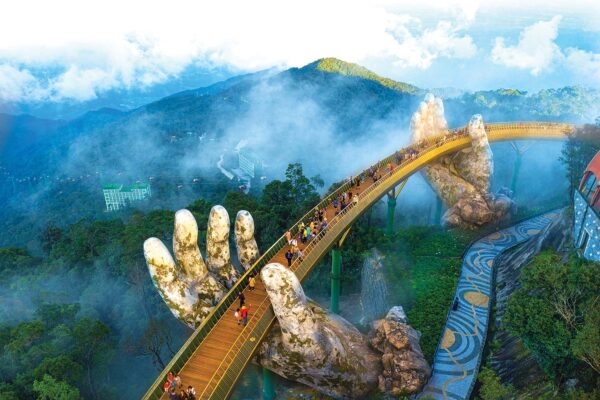
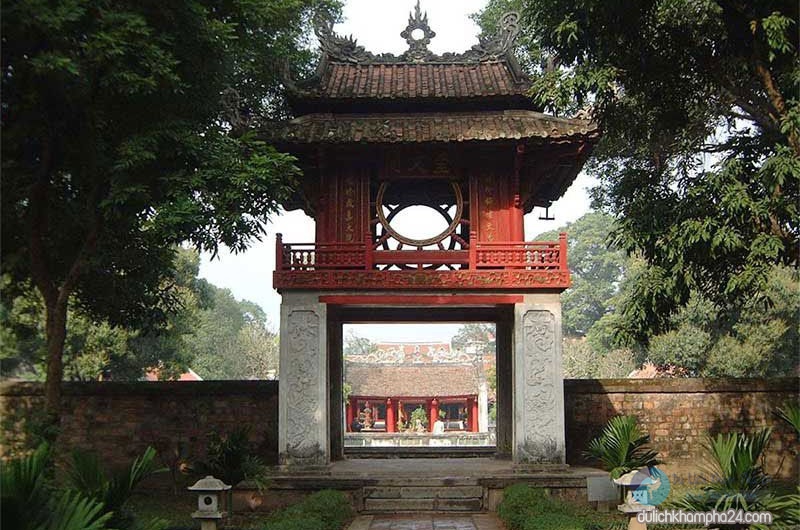
Top 10 Must-Visit Places in Hanoi for First-Time Travelers
Top 10 Must-Visit Places in Hanoi for First-Time Travelers
View details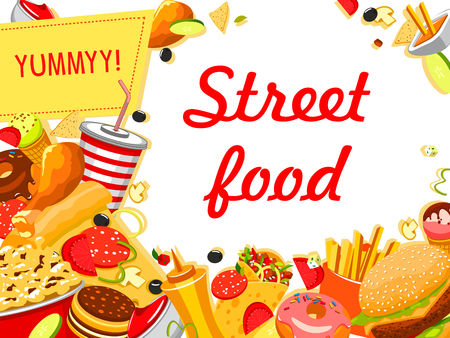
Top 10 Must-Try Street Foods in Southeast Asia (Vietnam, Thailand, Laos & Cambodia)
Top 10 Must-Try Street Foods in Southeast Asia (Vietnam, Thailand, Laos & Cambodia)
View detailsWHY CHOOSE US
18 EXPERIENCE & EXPERTISE
PRICE MATCH GUARANTEE
24/7 SUPPORT SERVICE
CREATIVE TOUR CUSTOMISATION
PRIVATE & PROFESSIONAL TOUR GUIDES & TRANSPORTATION



